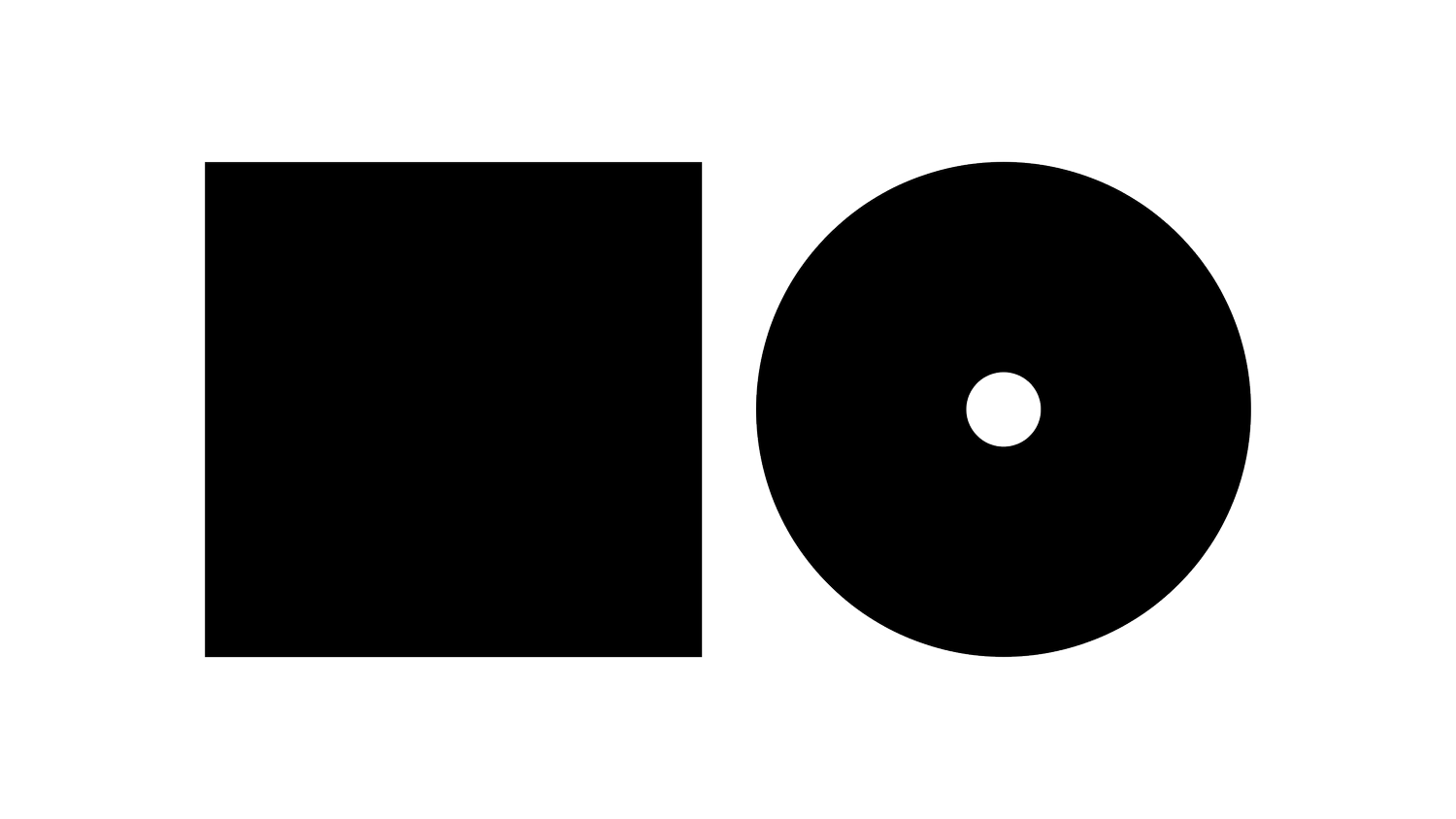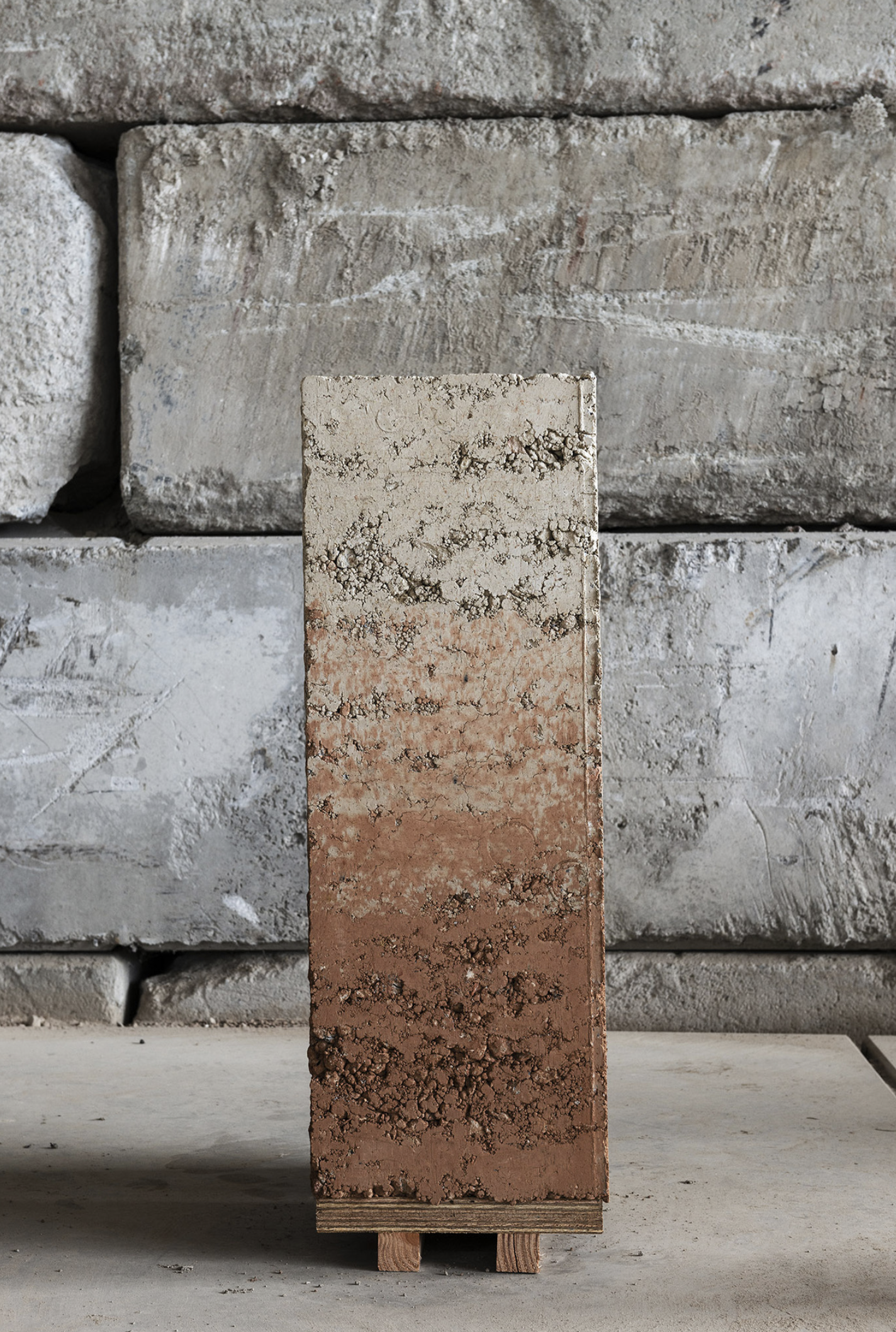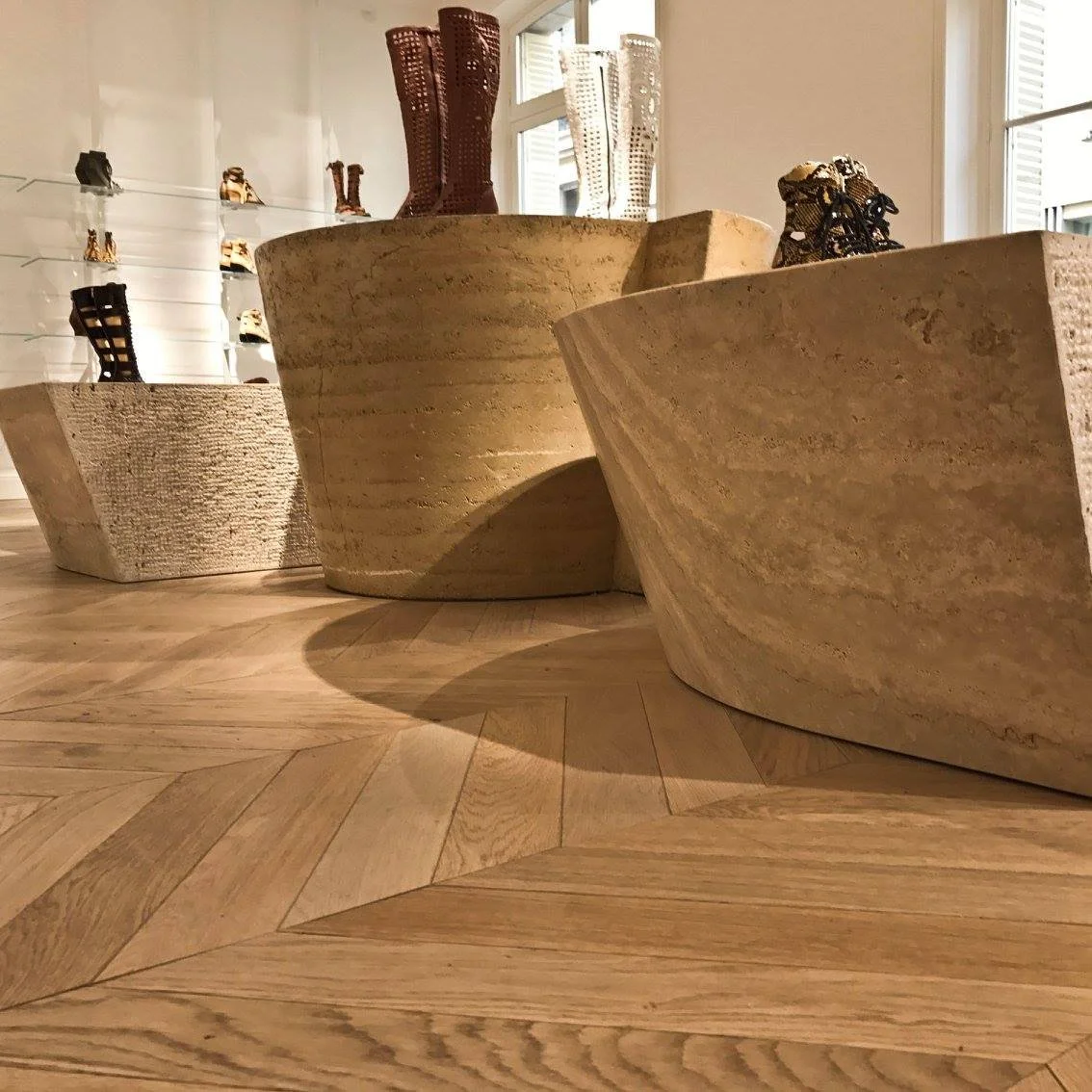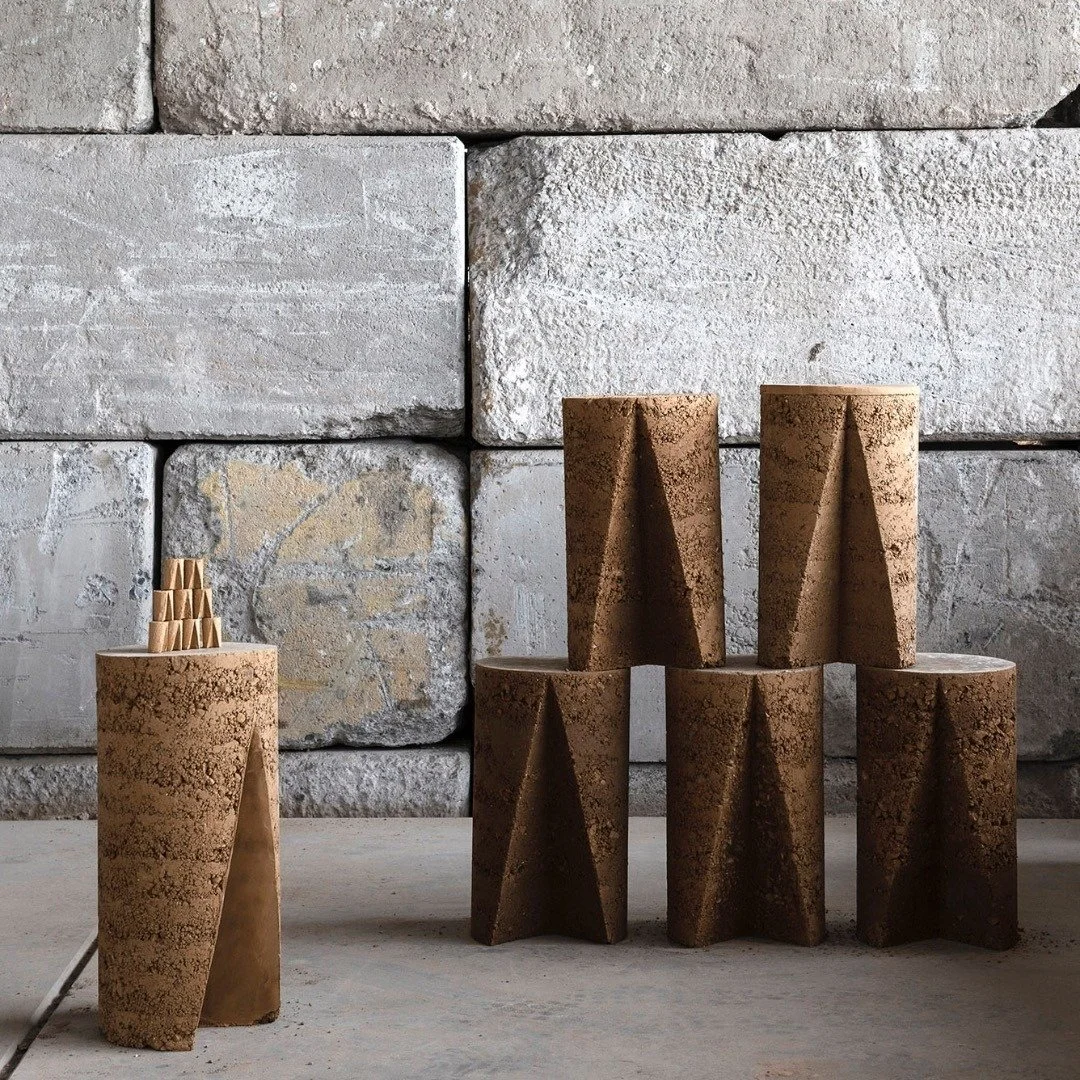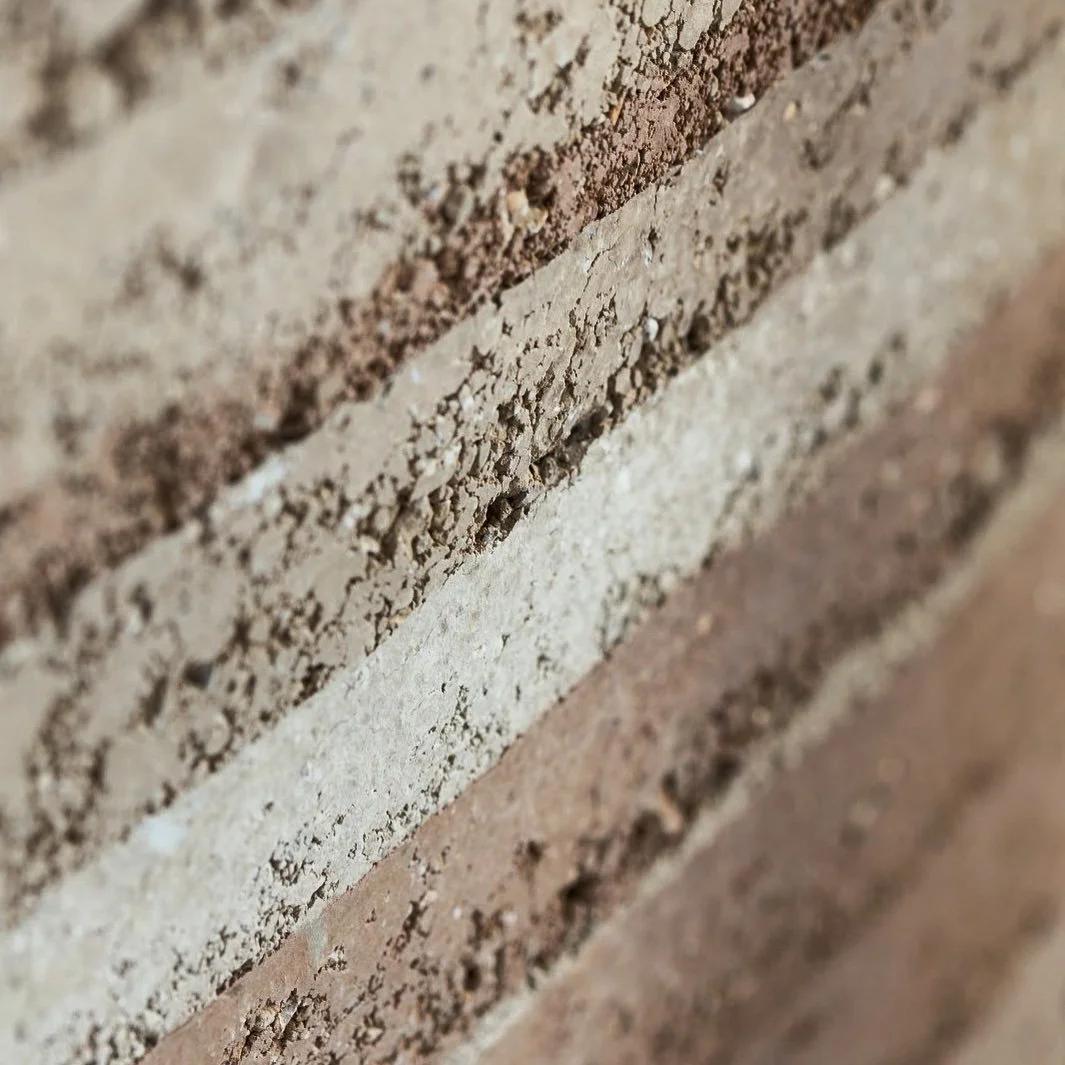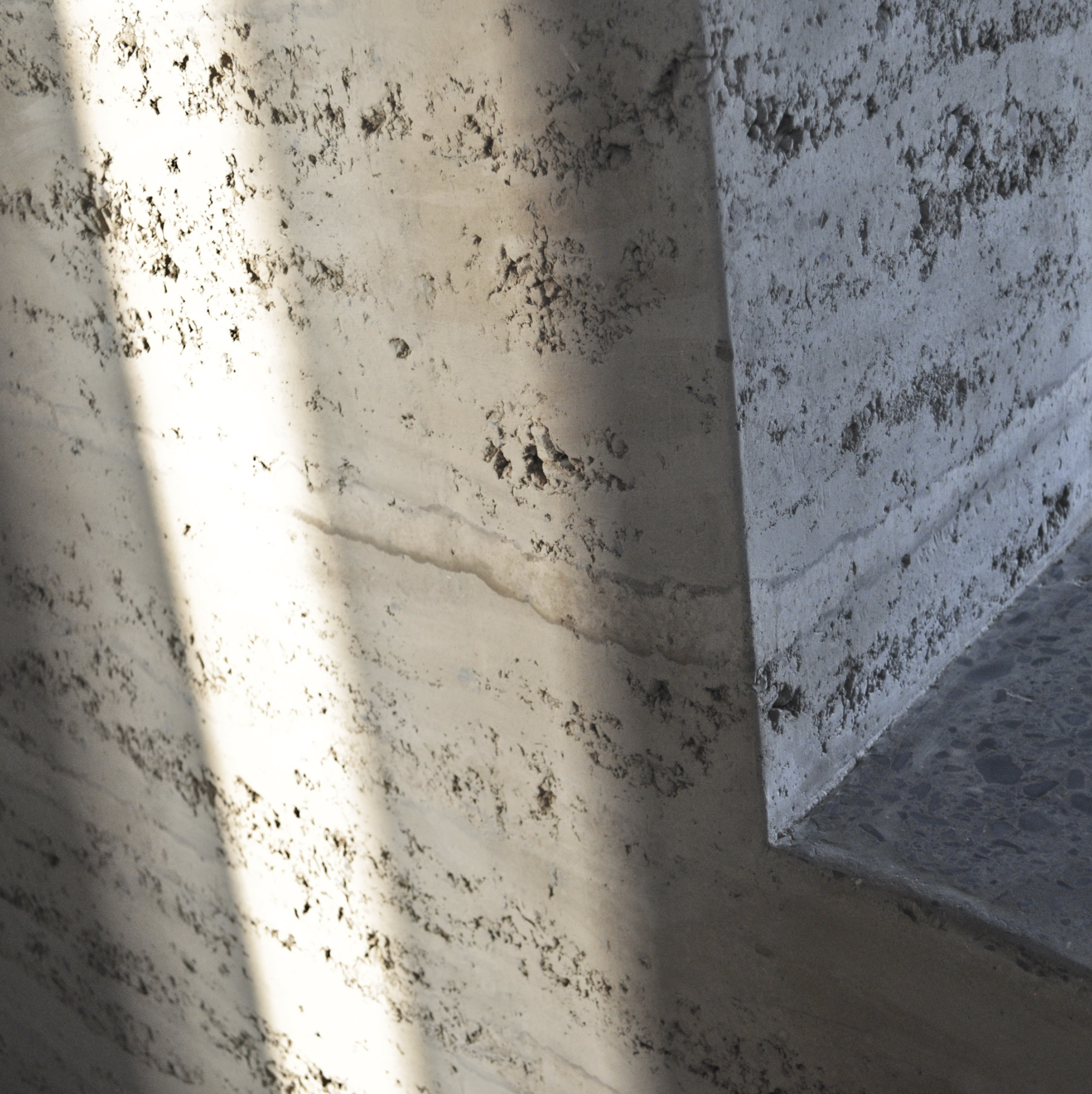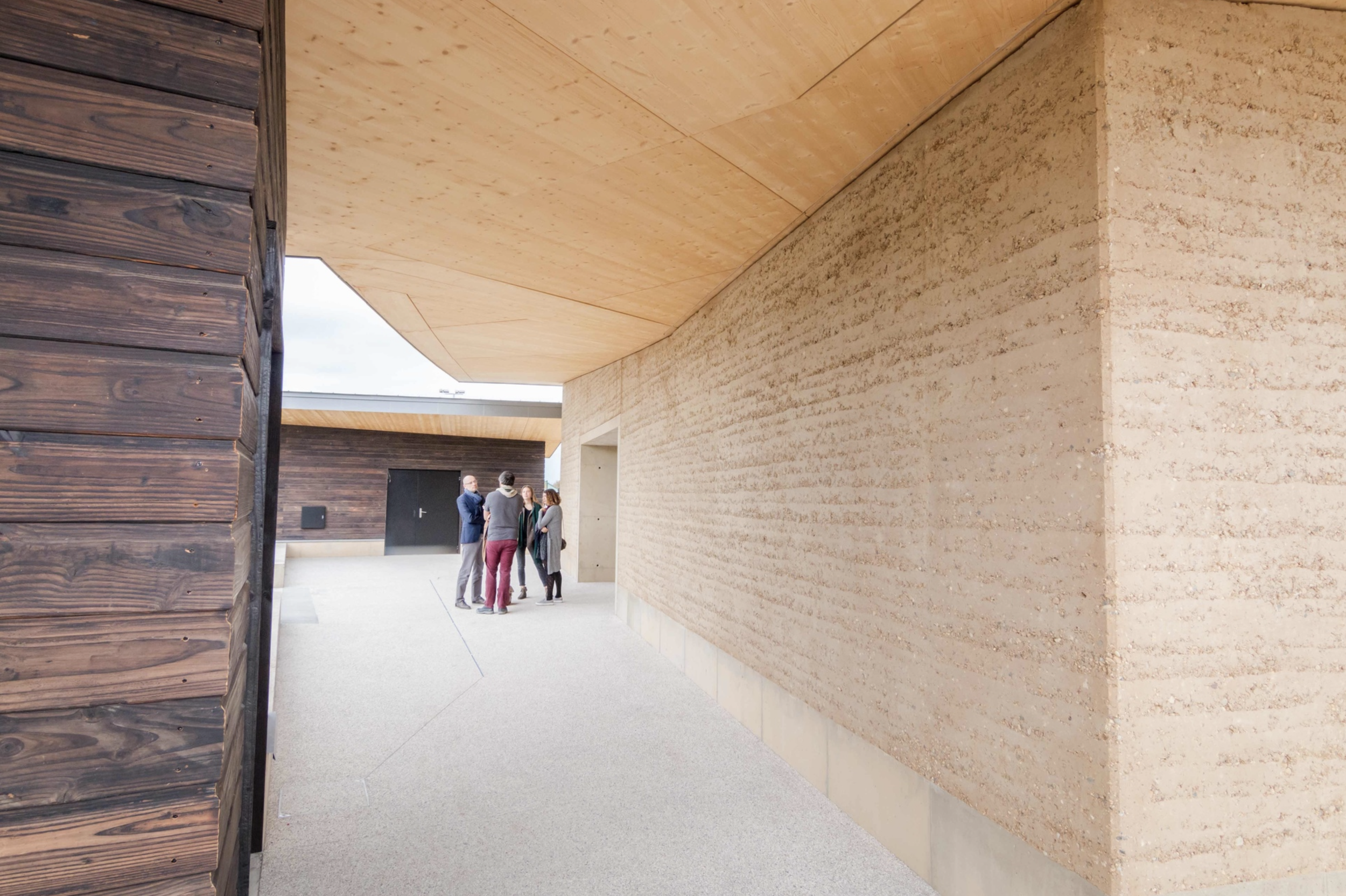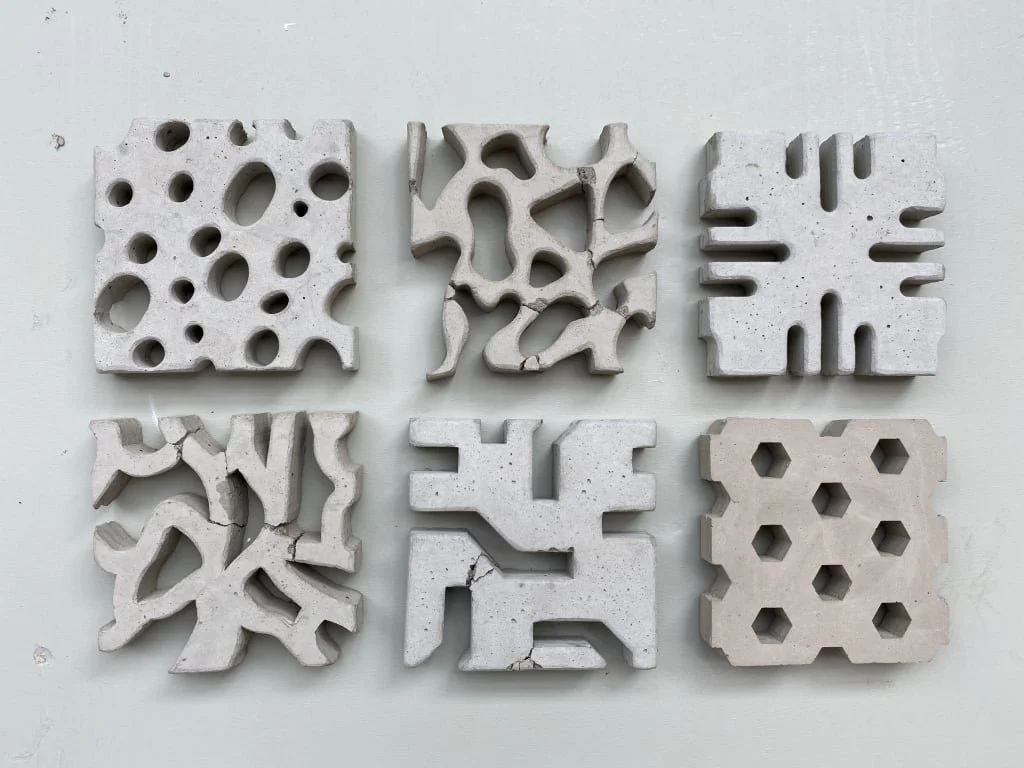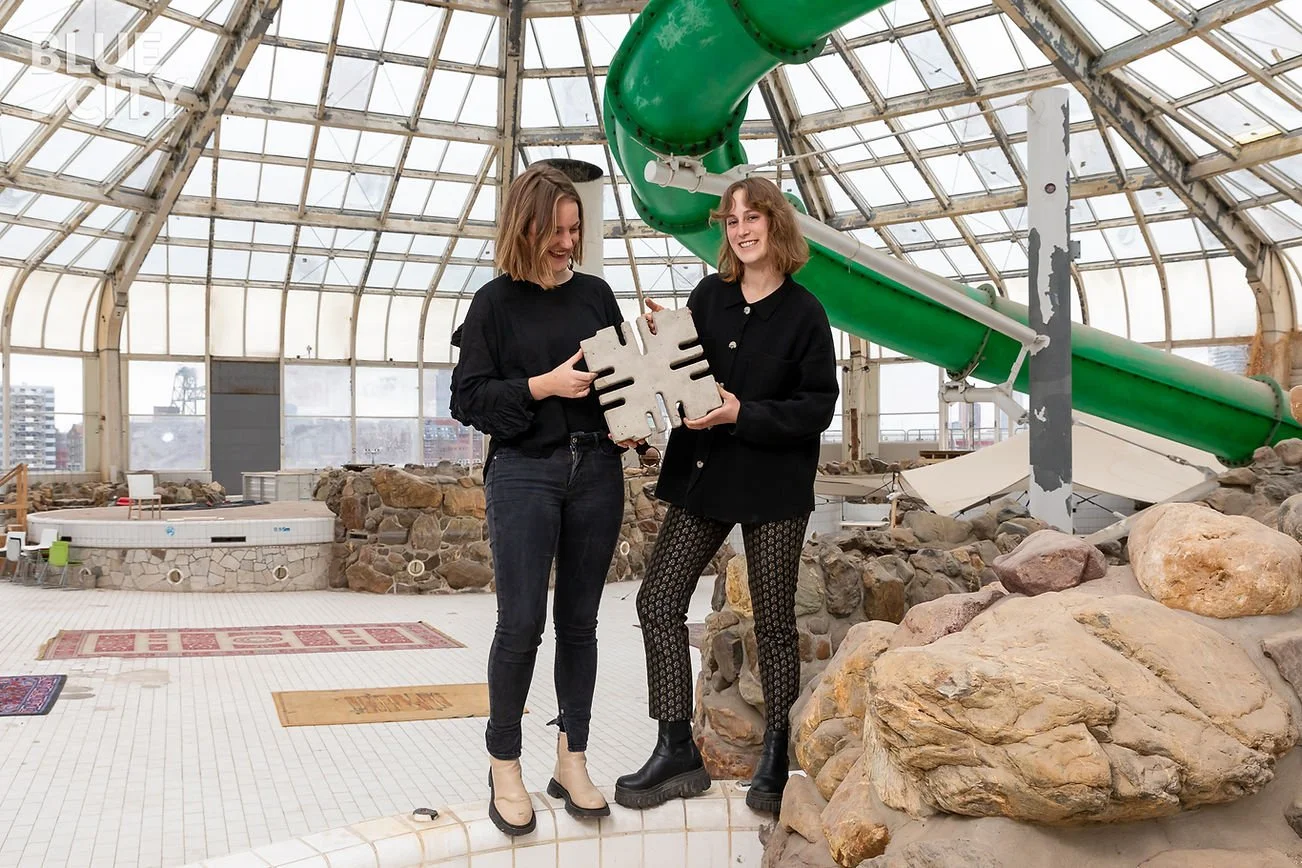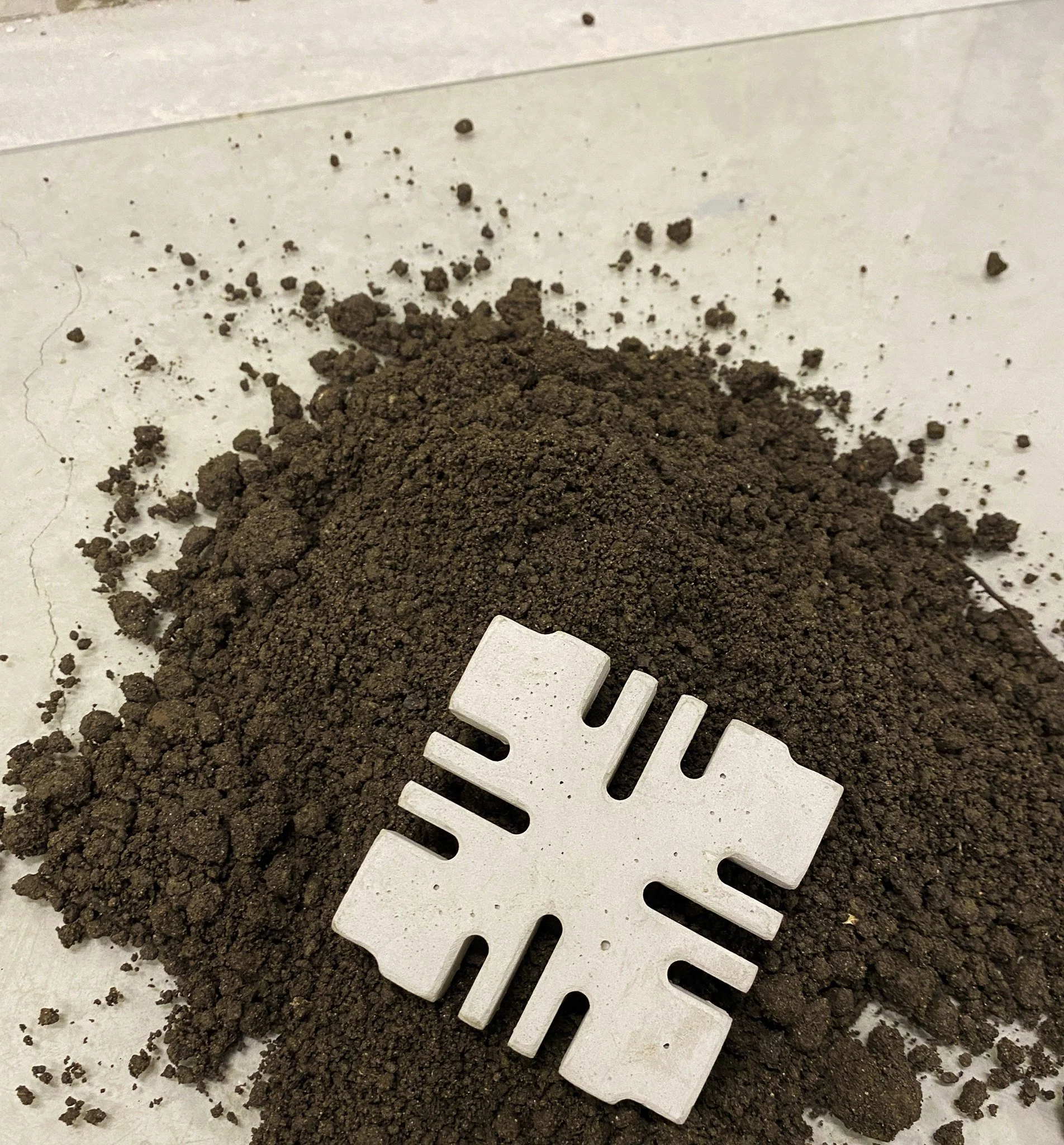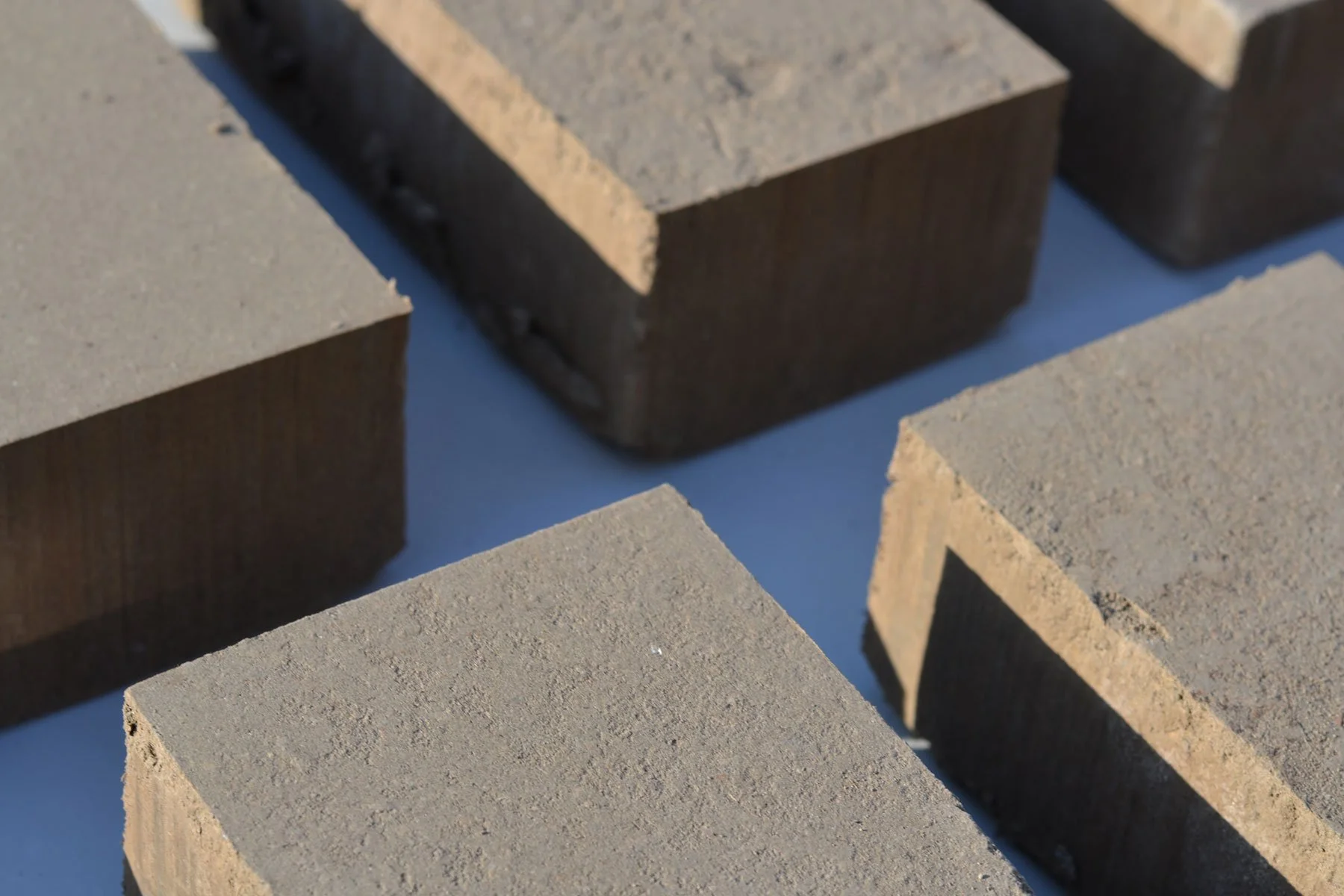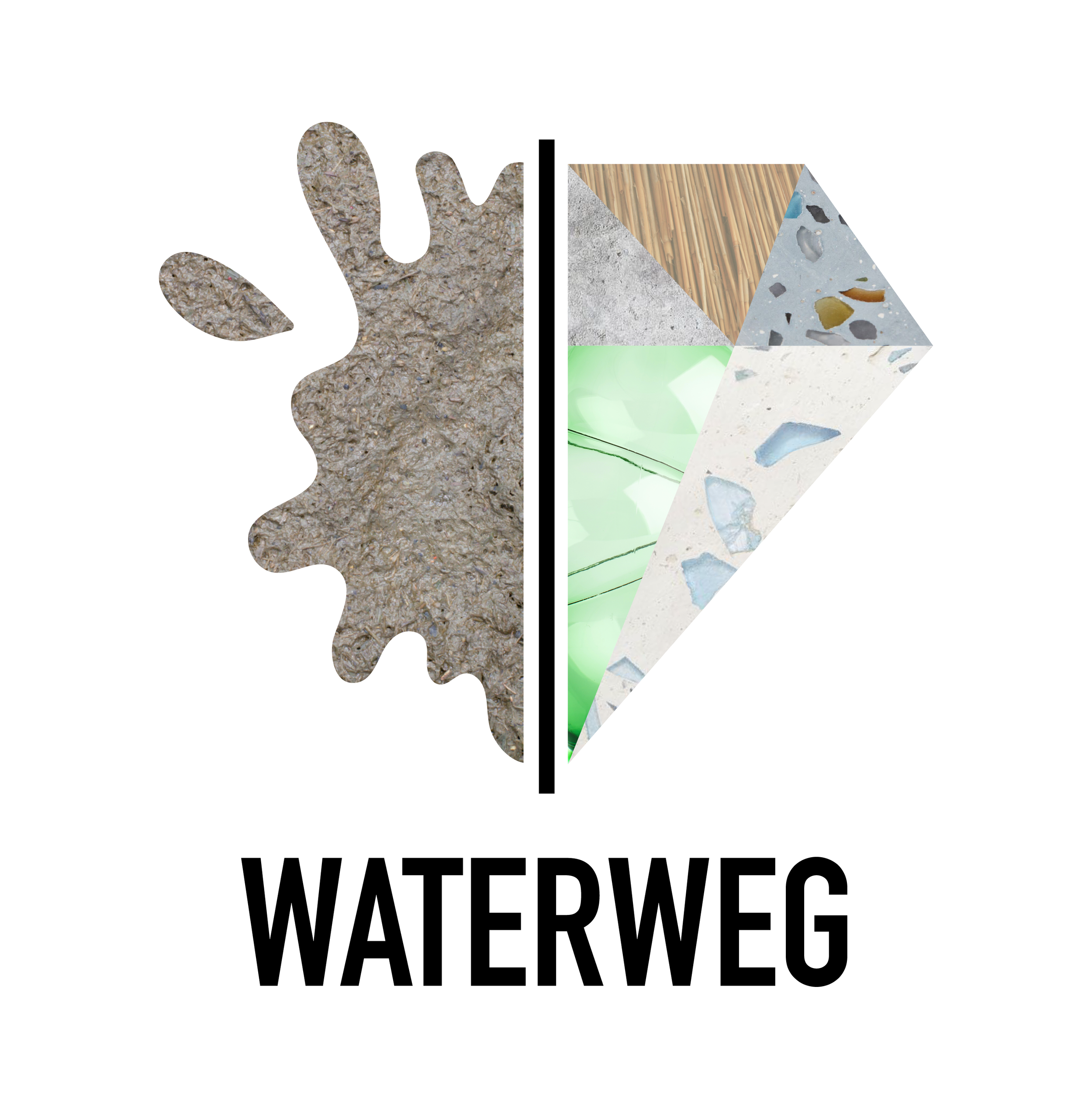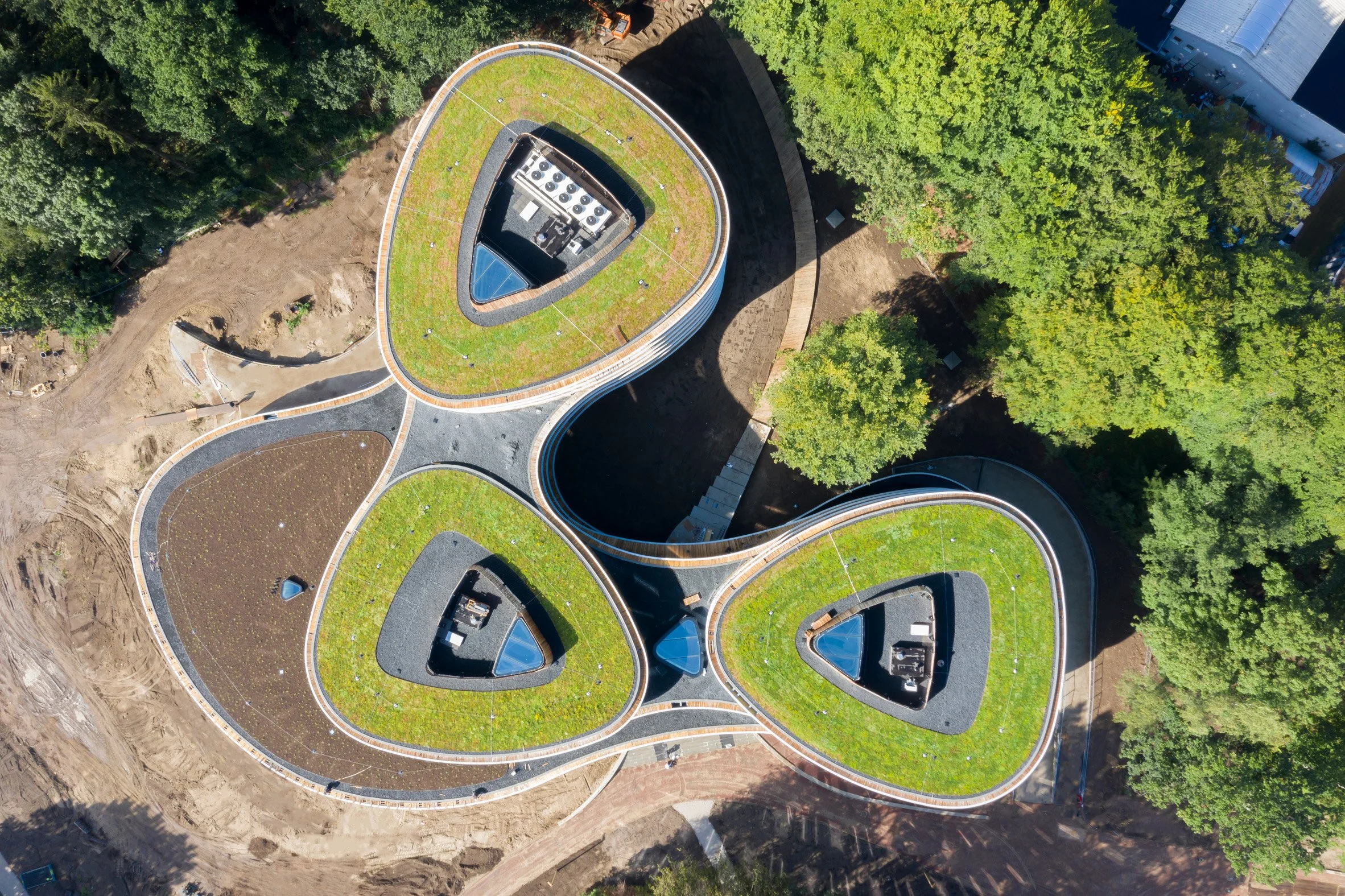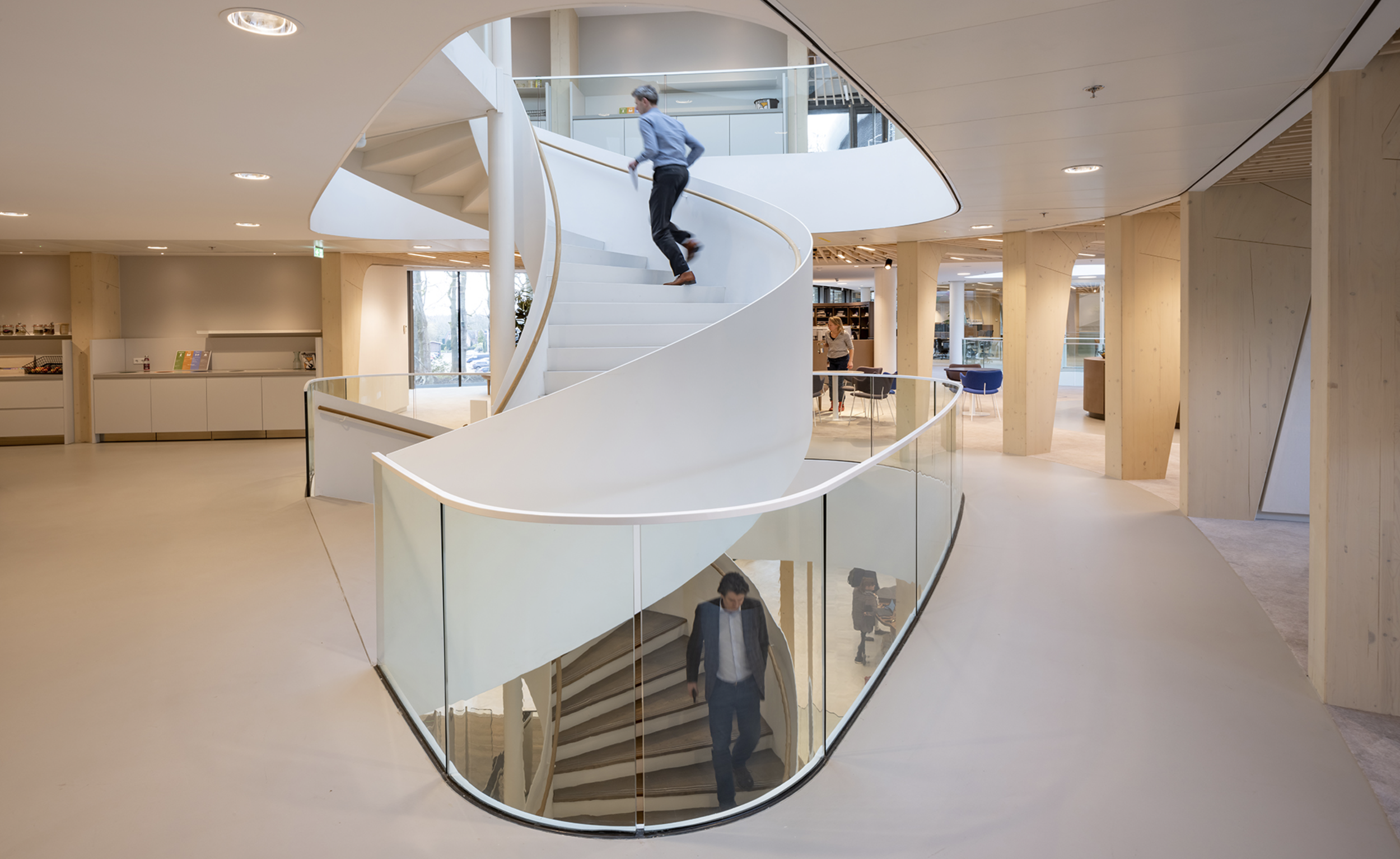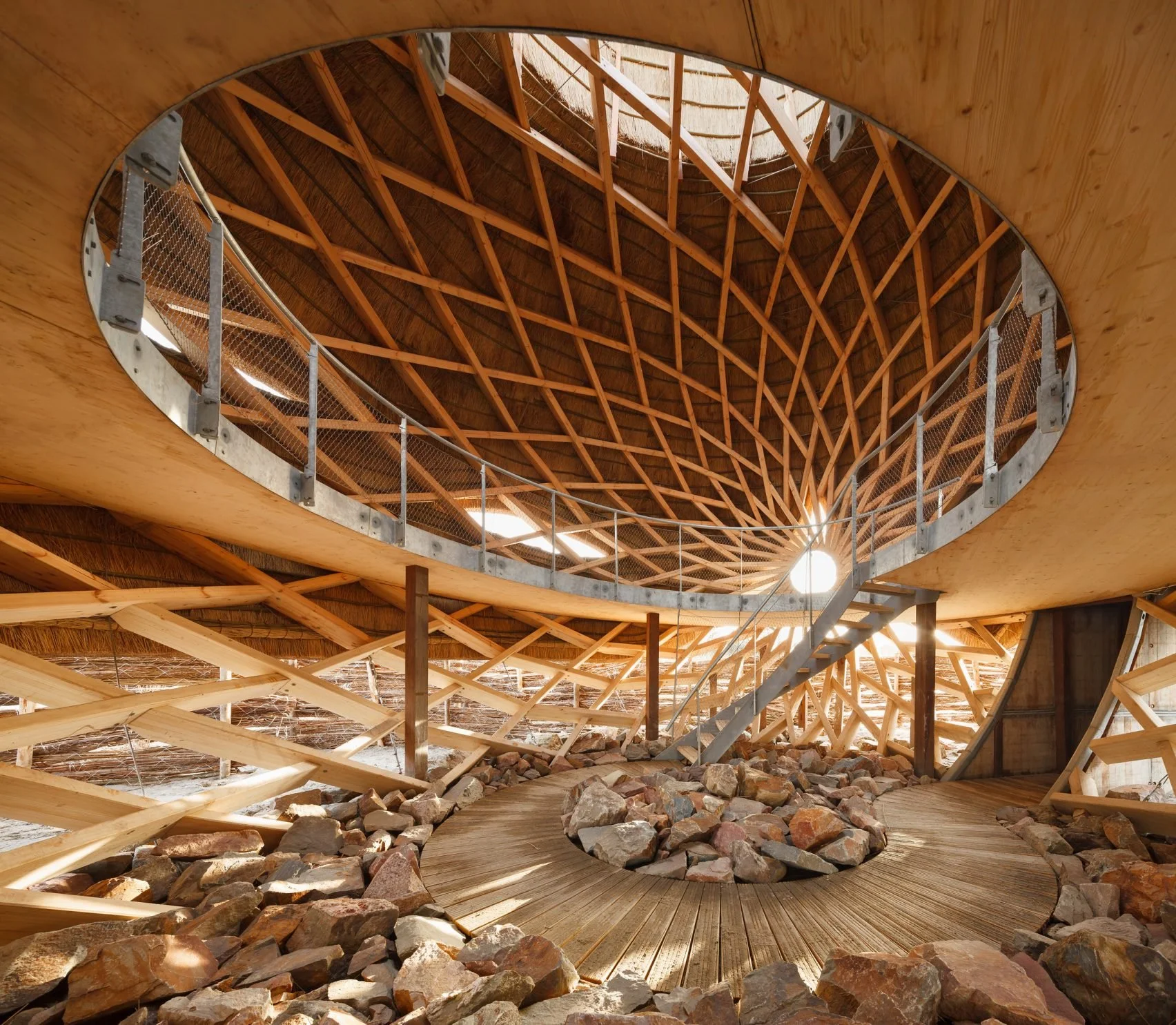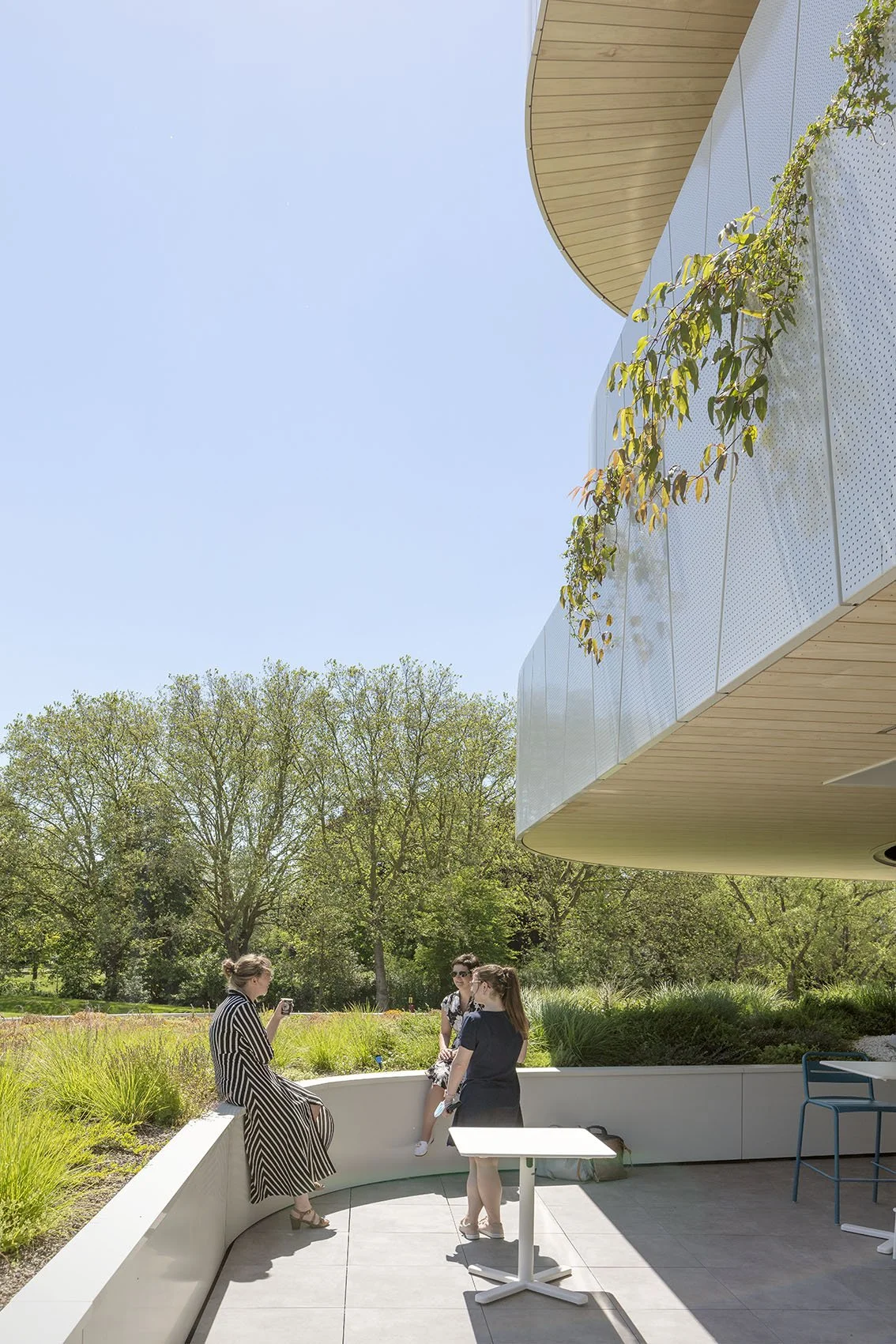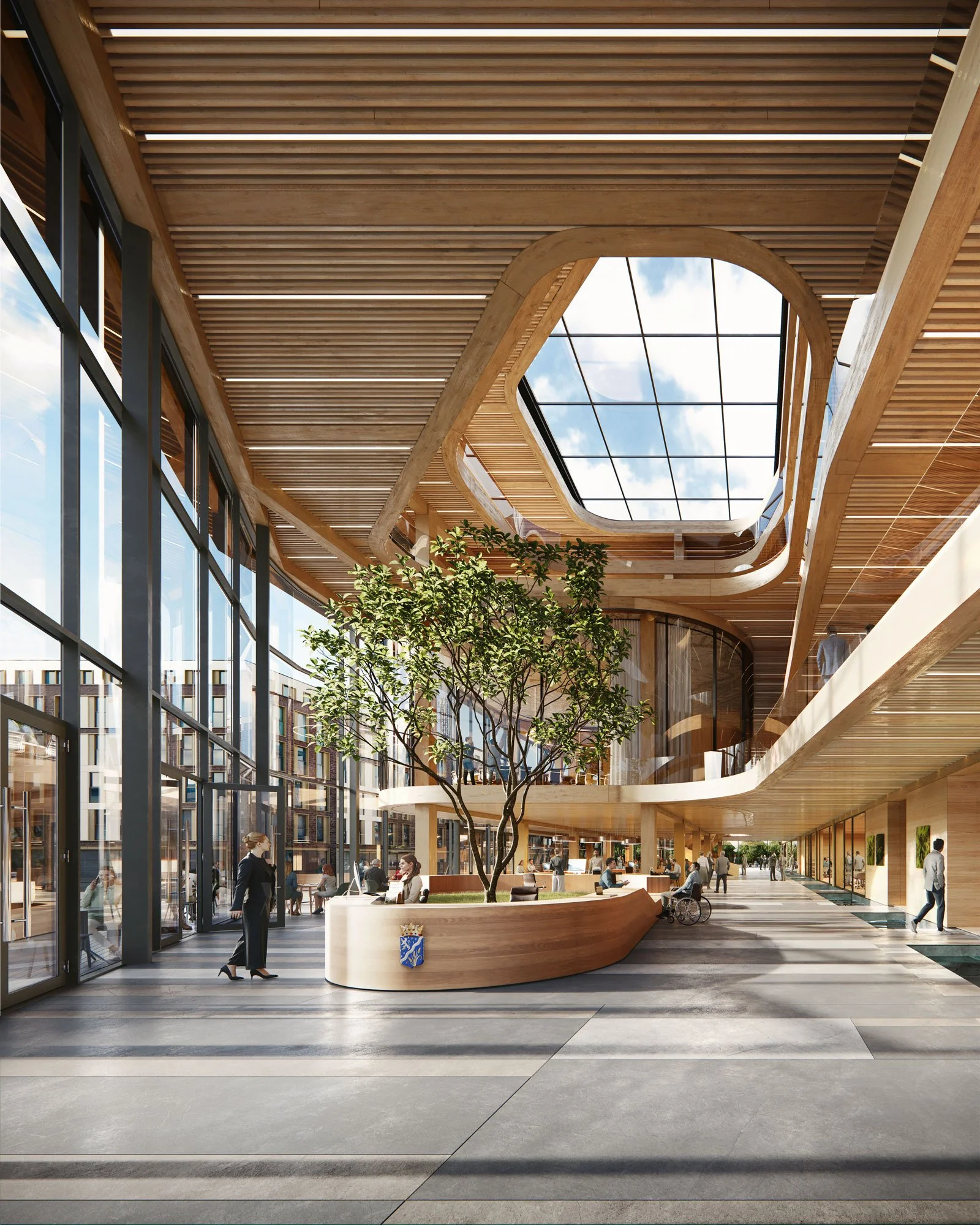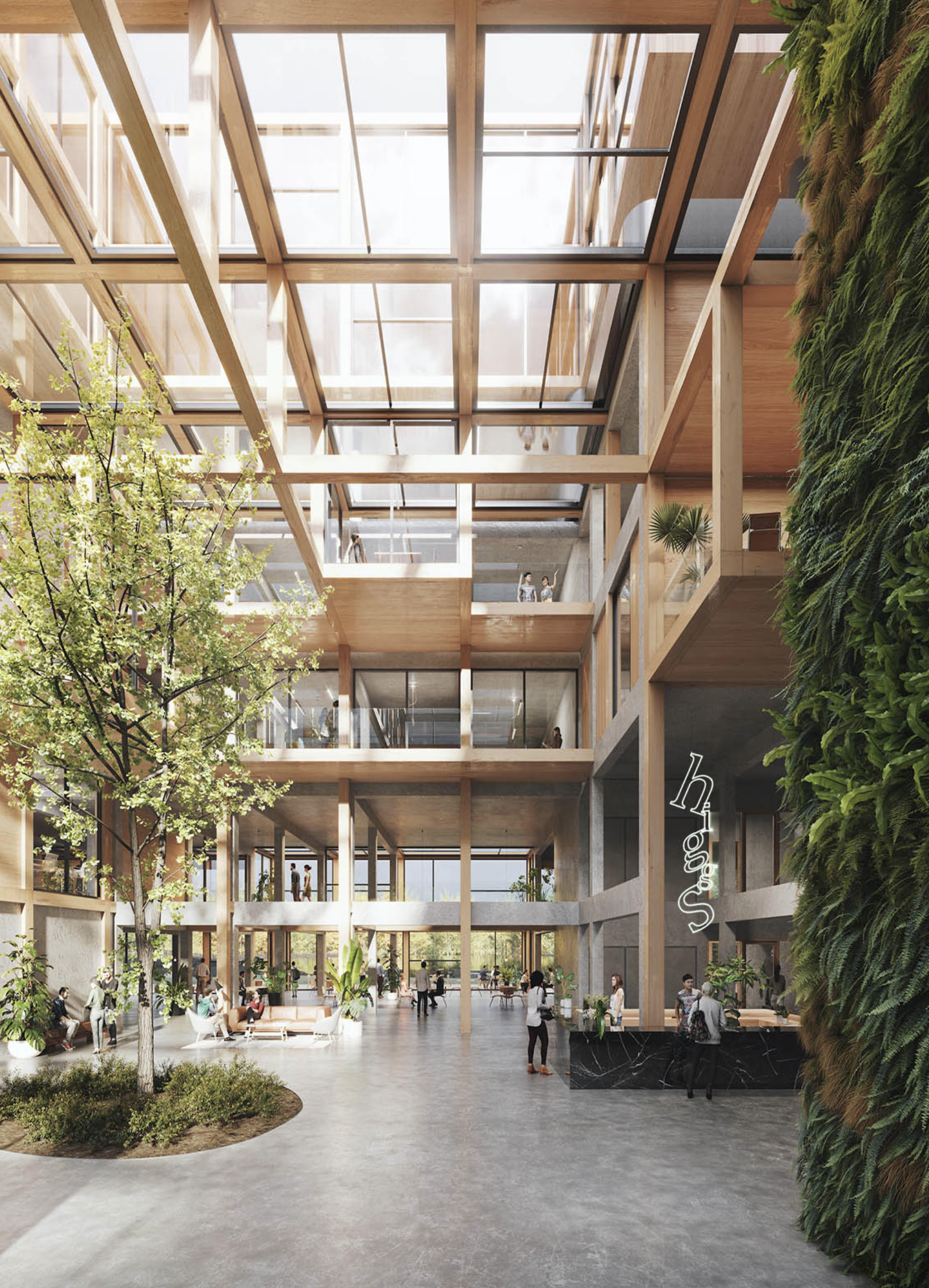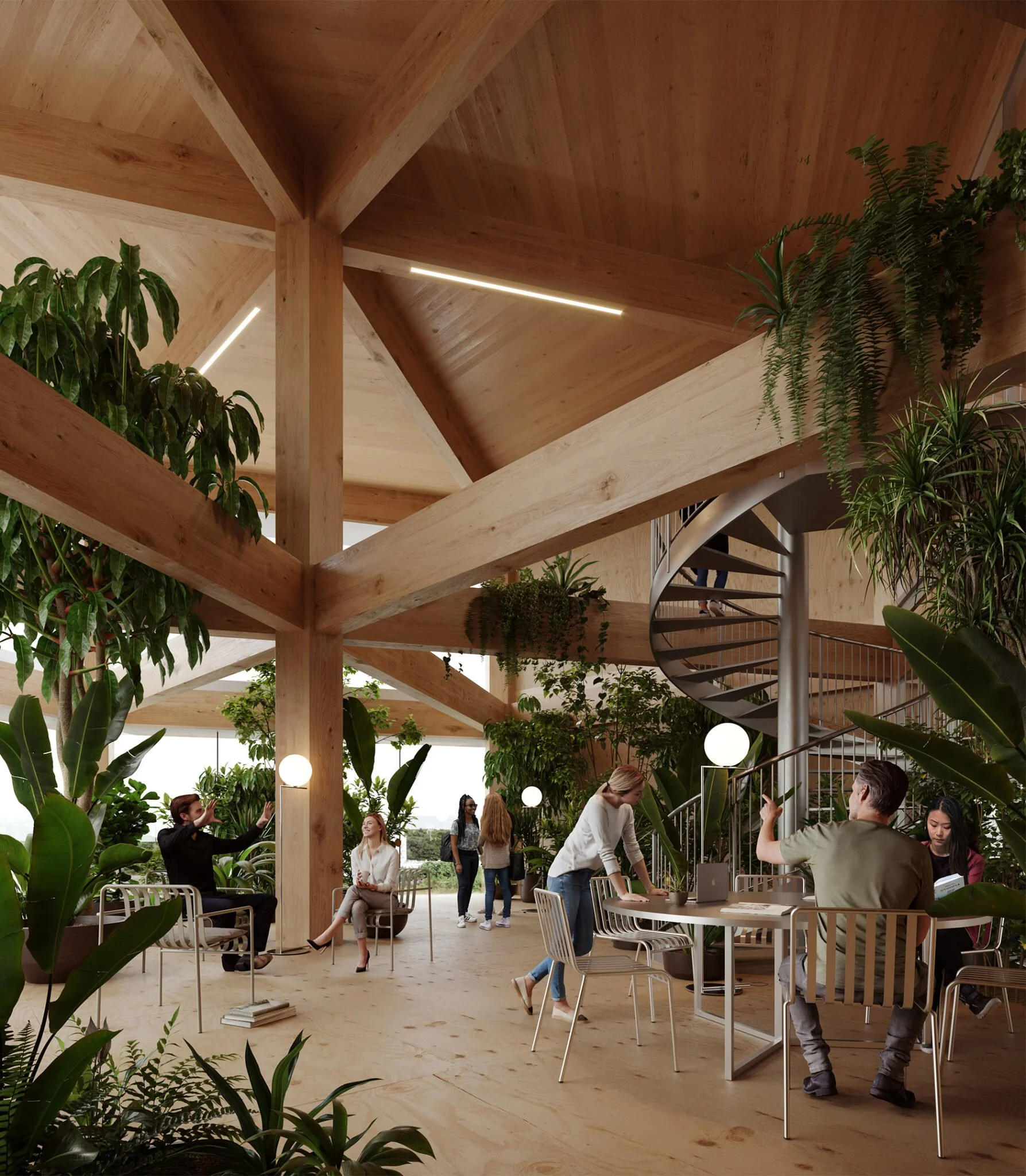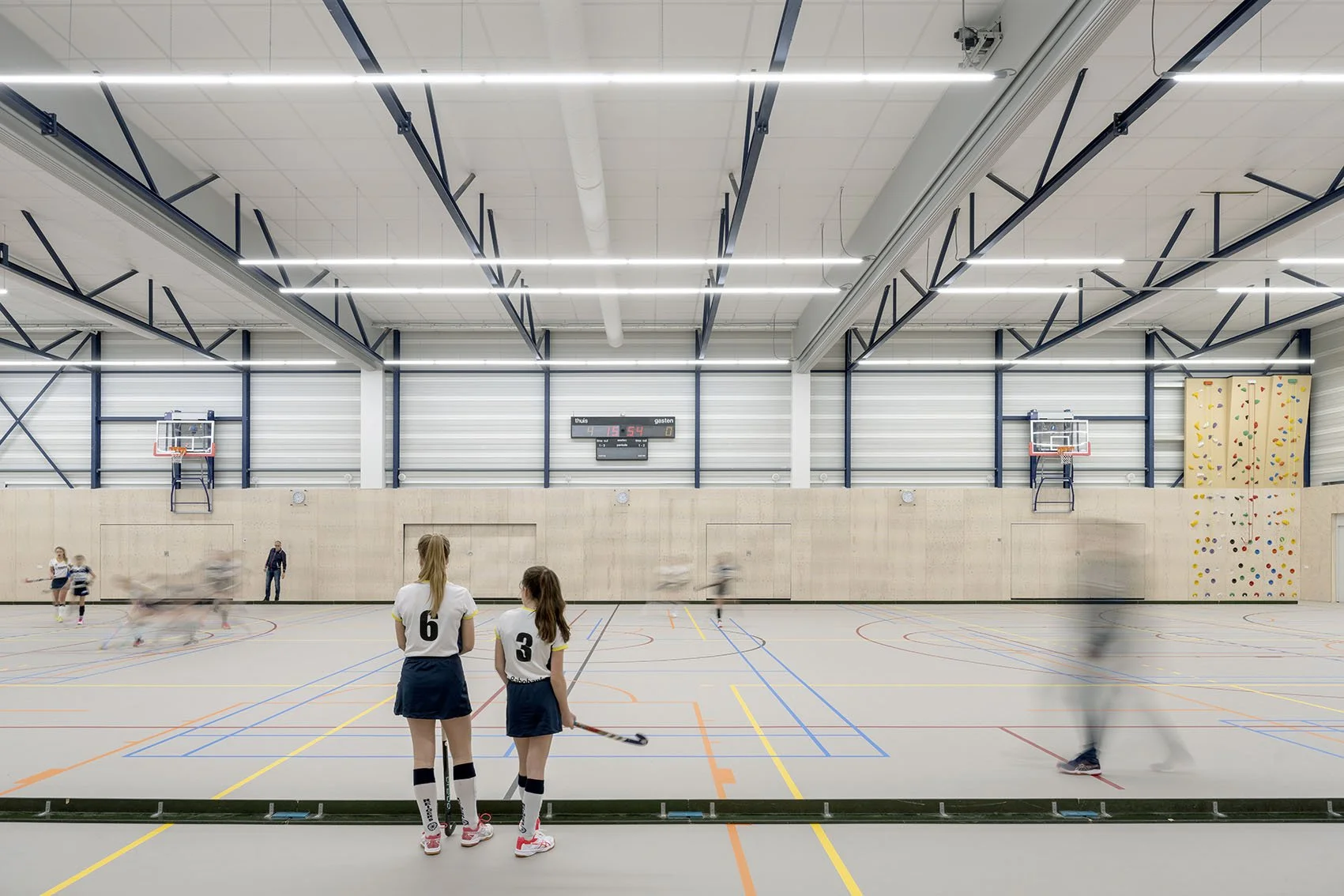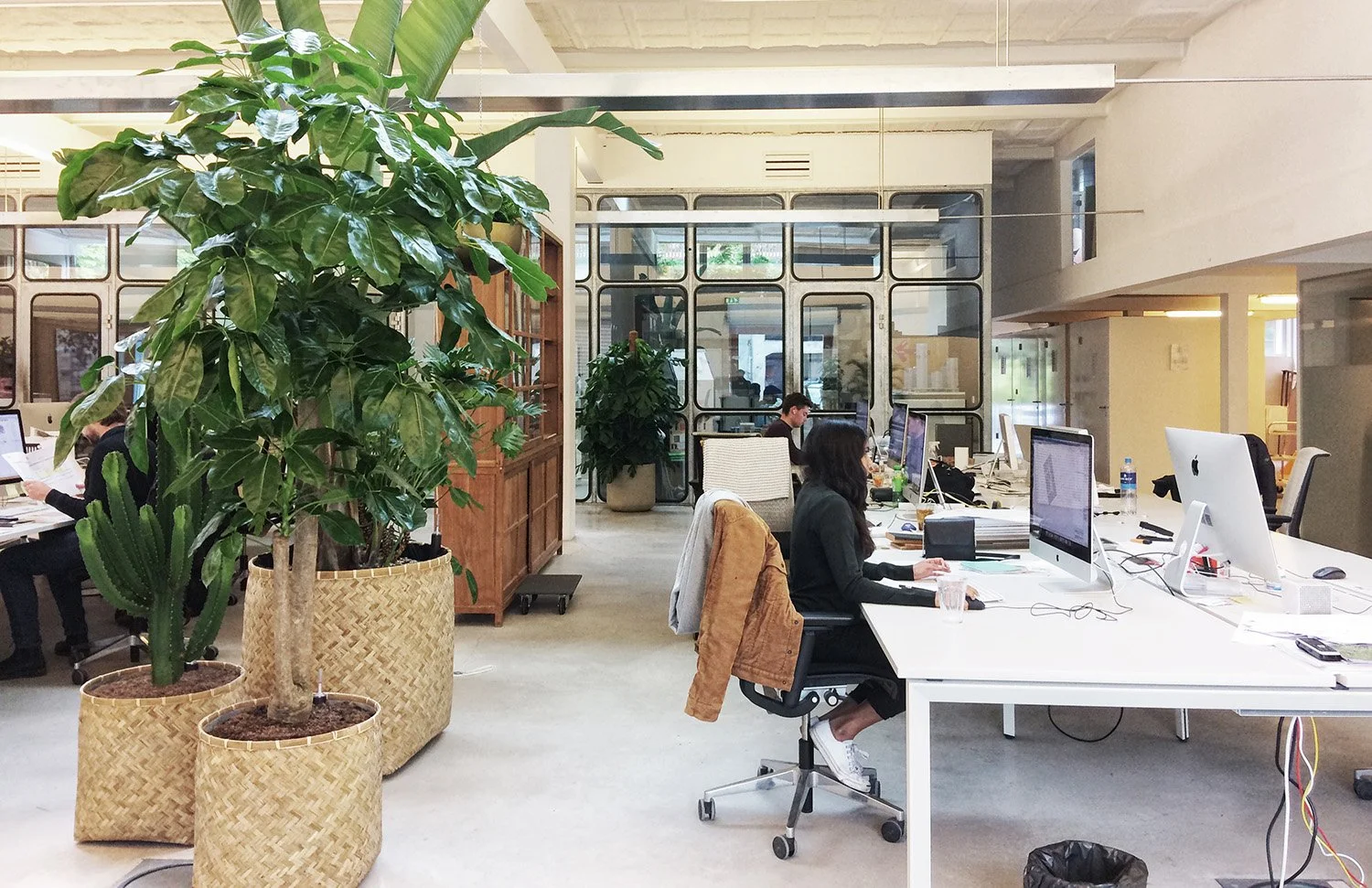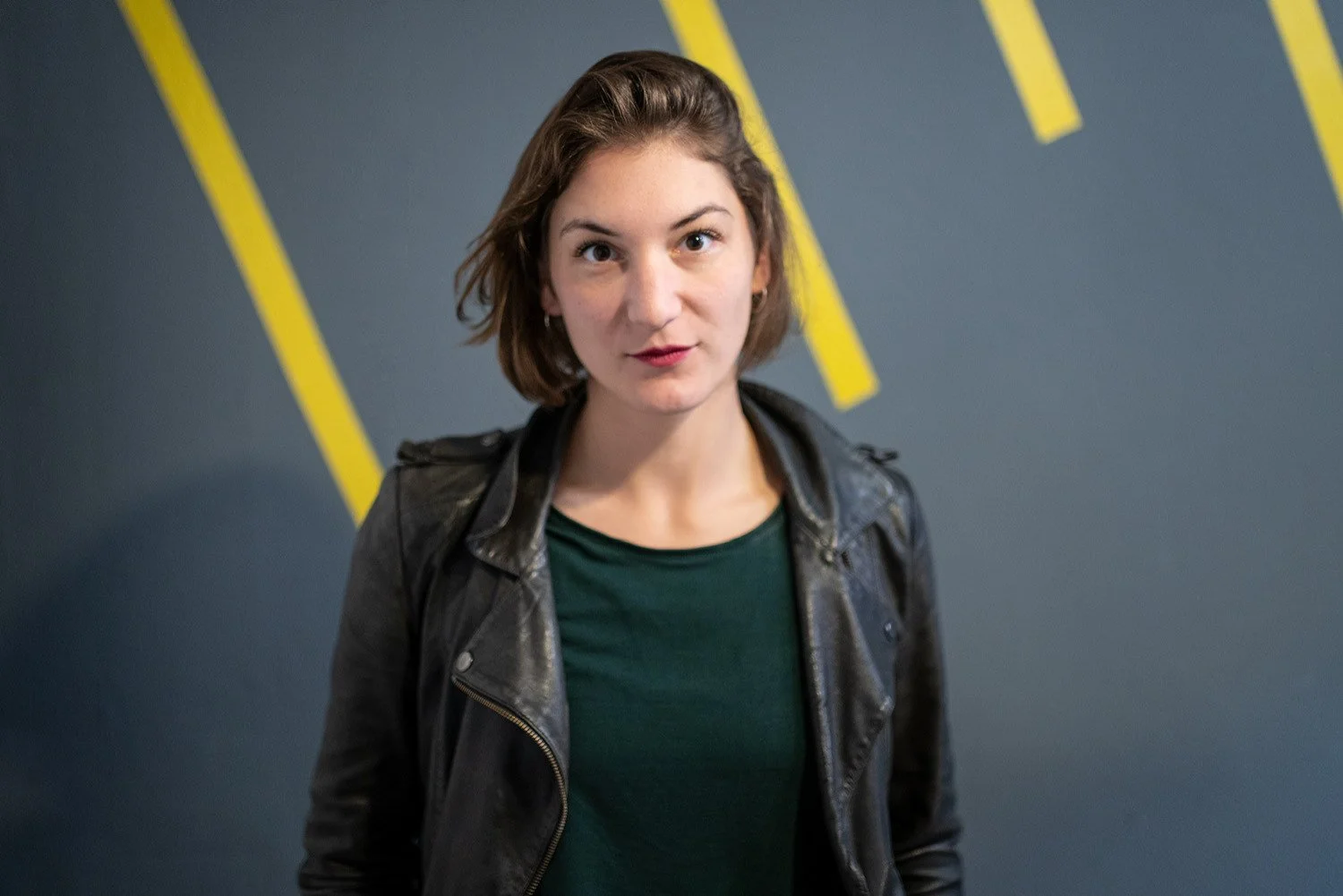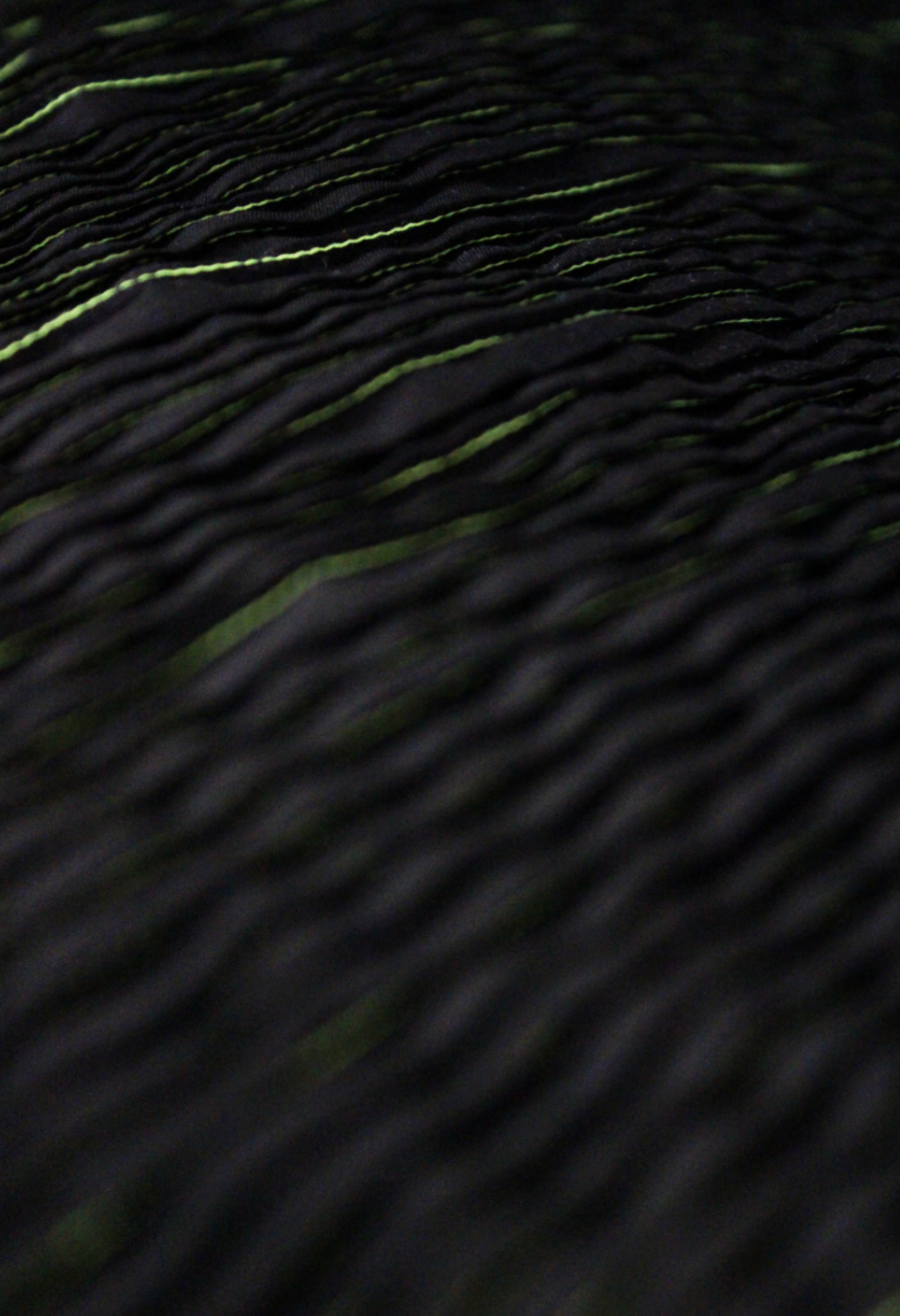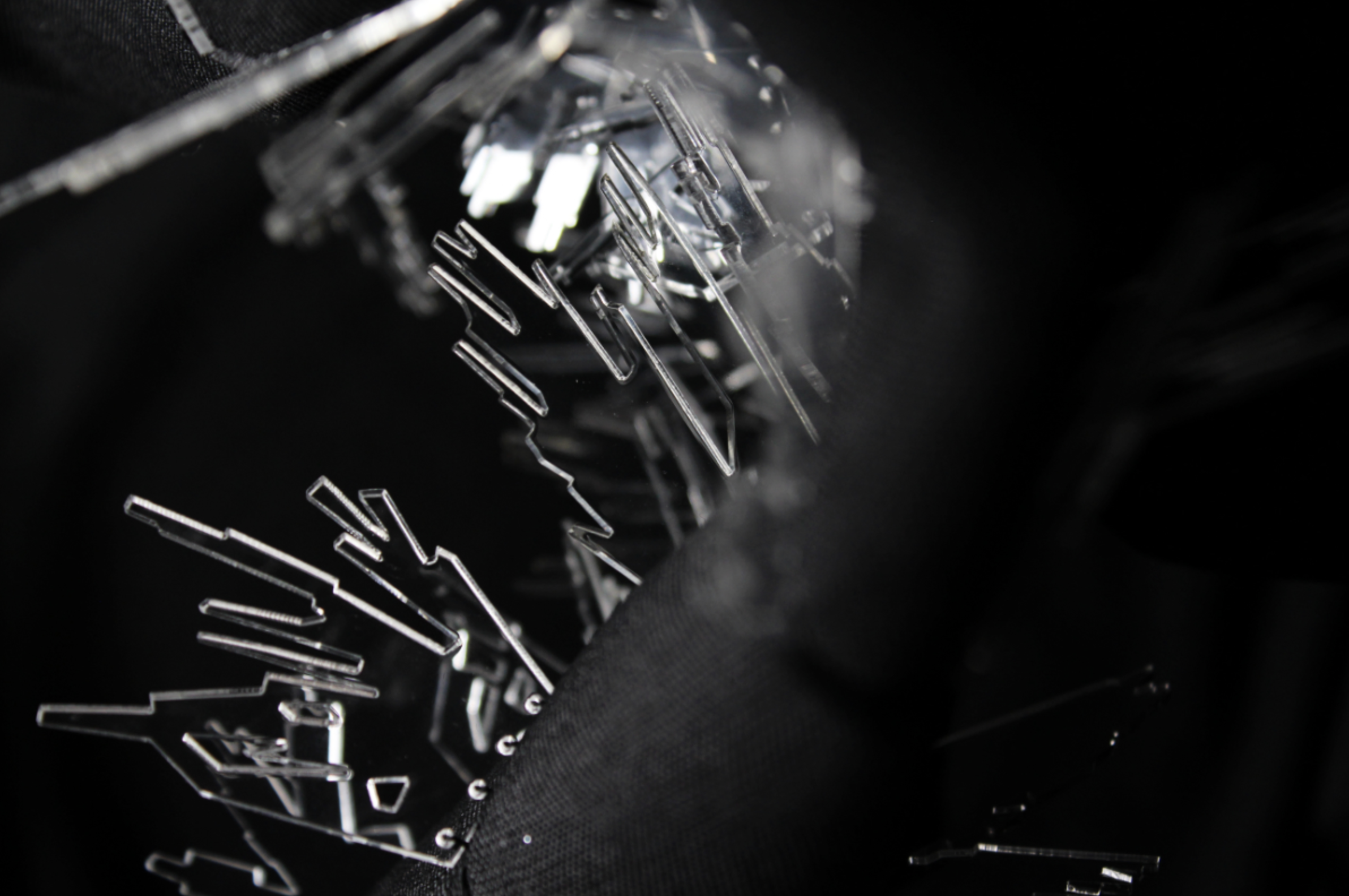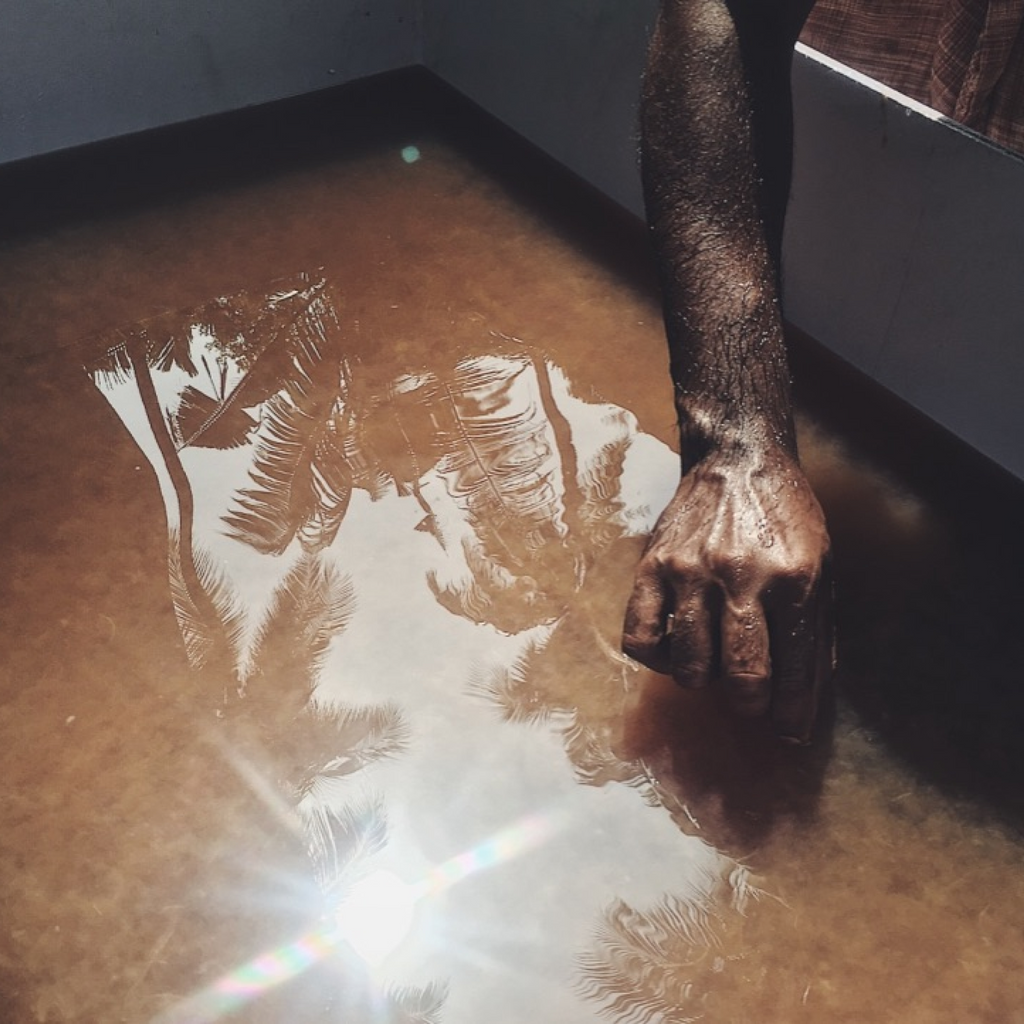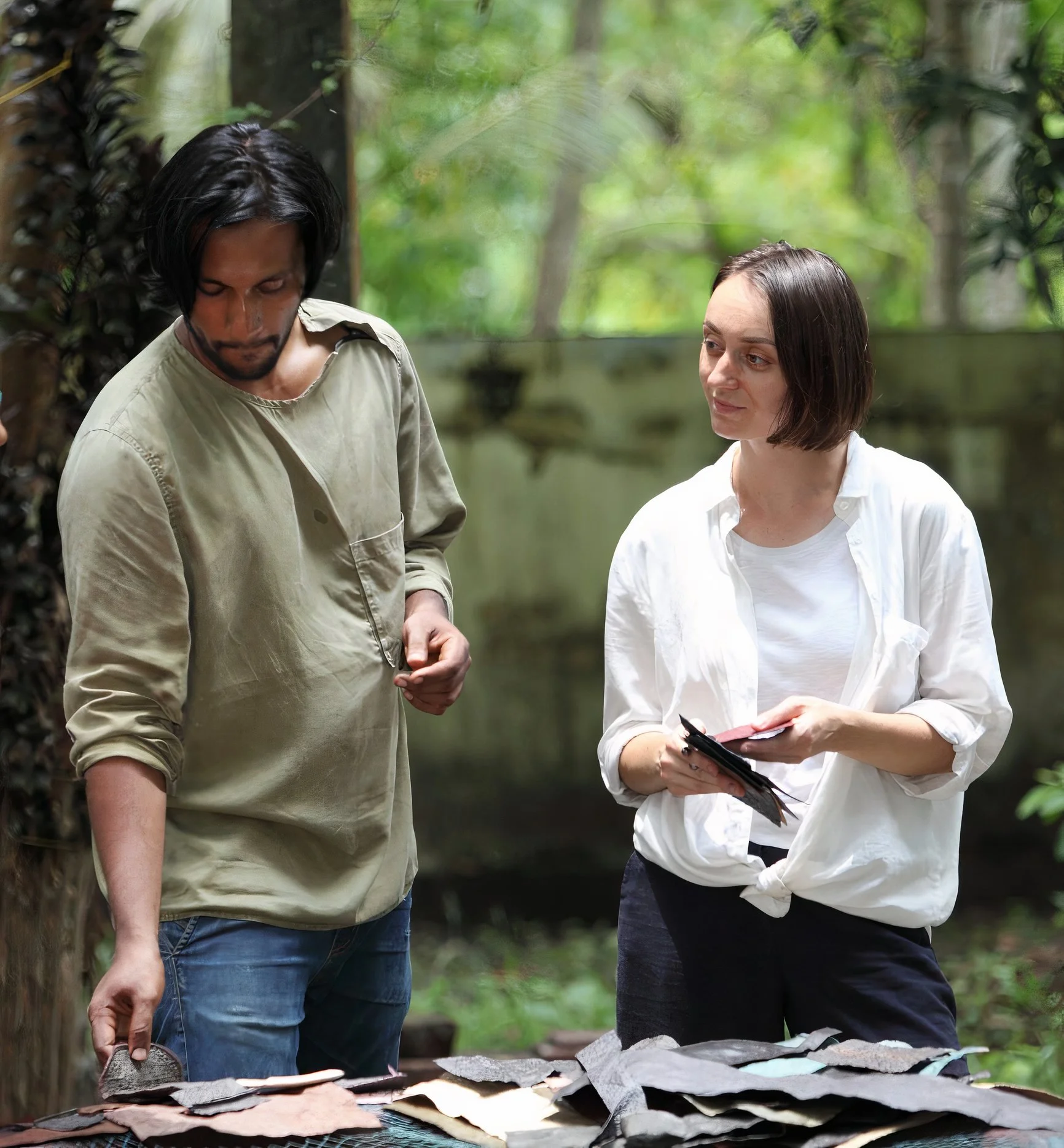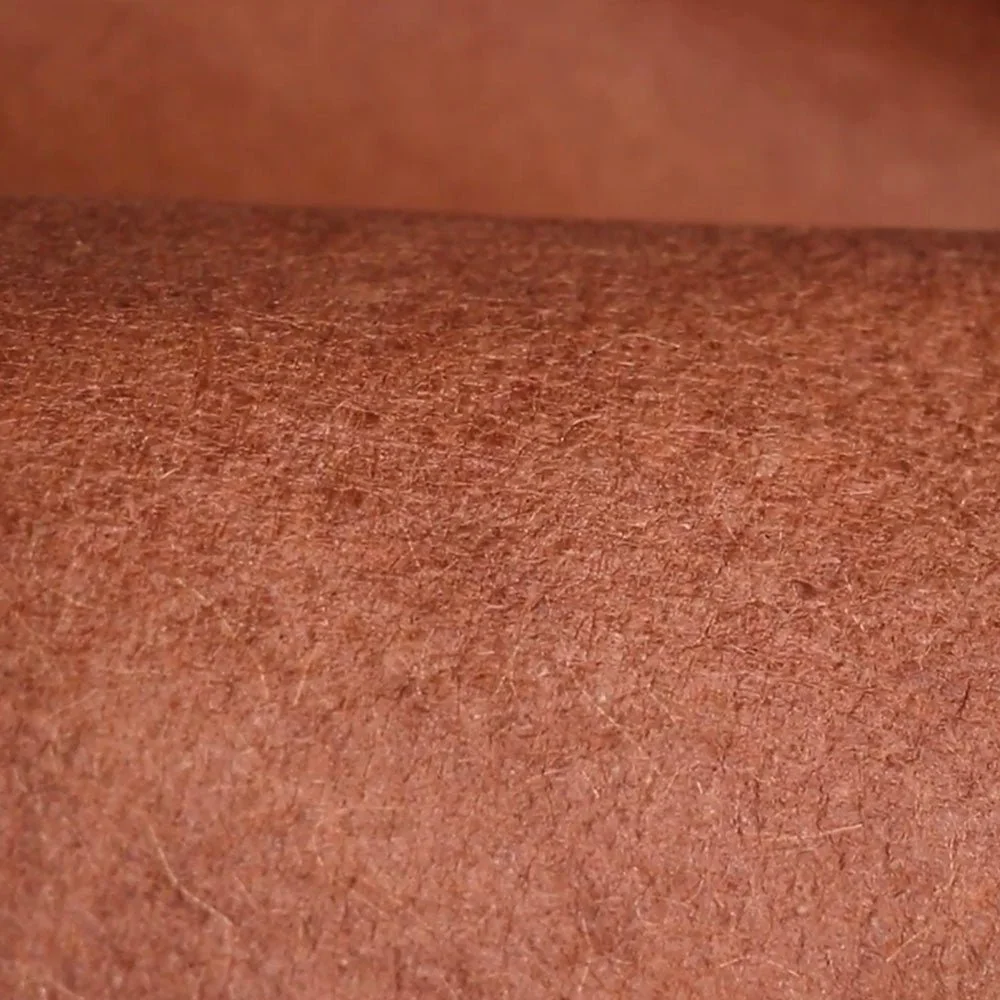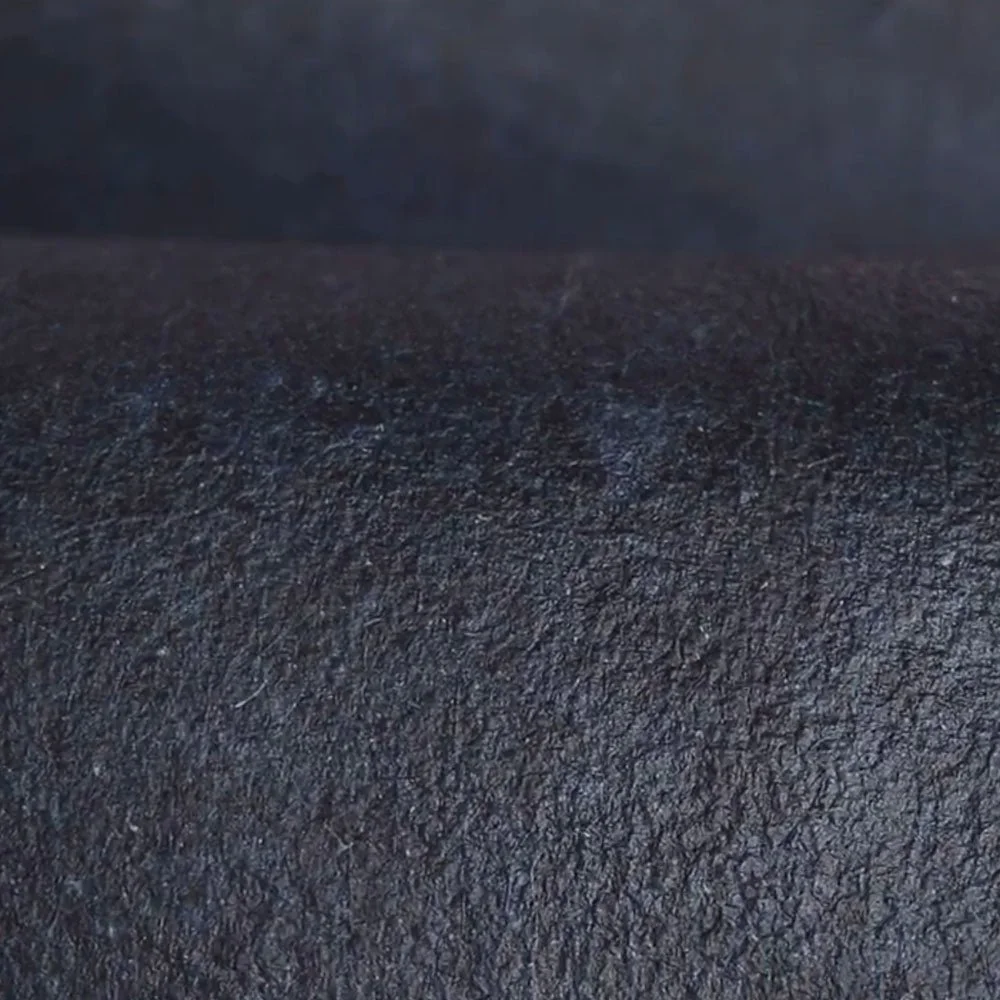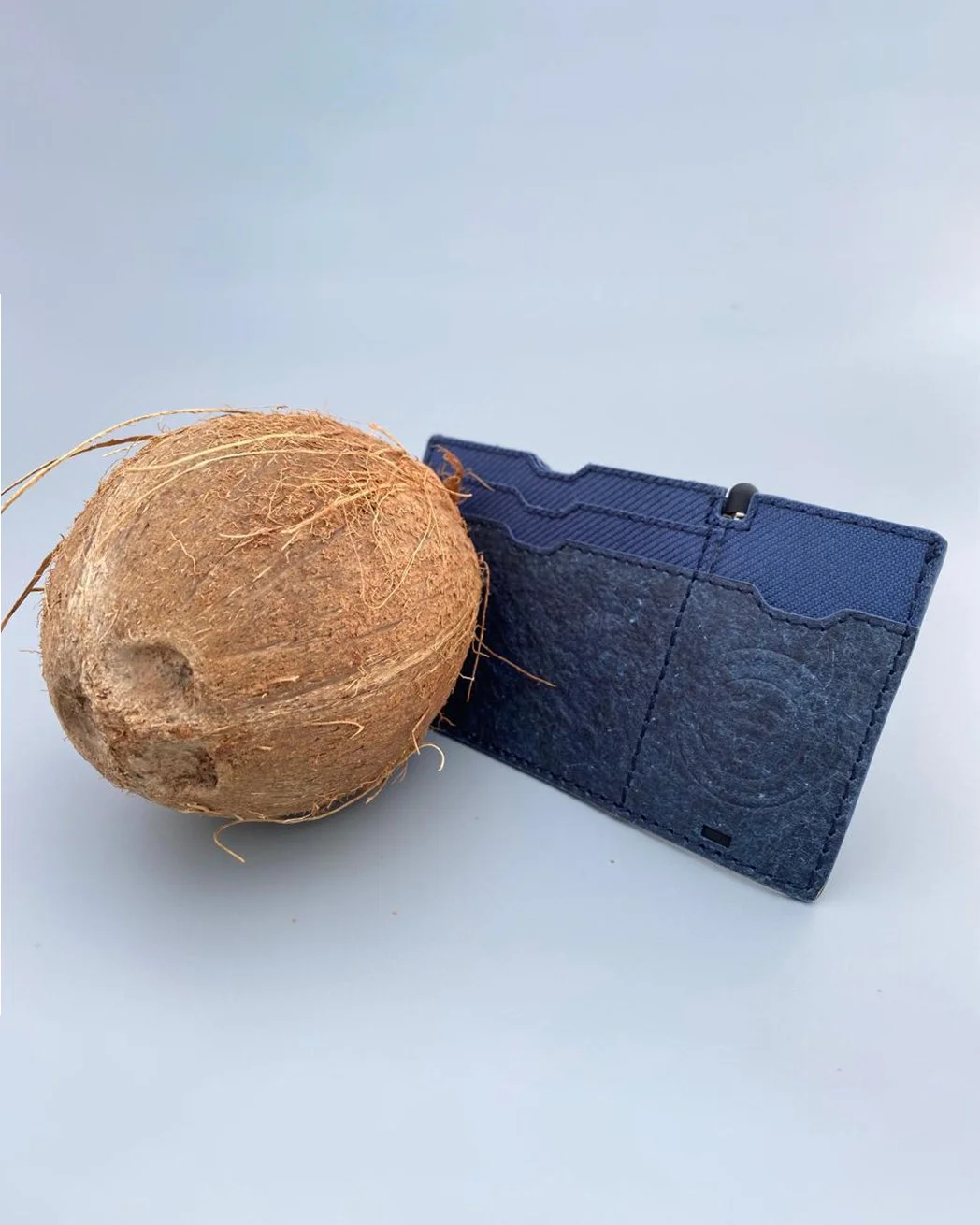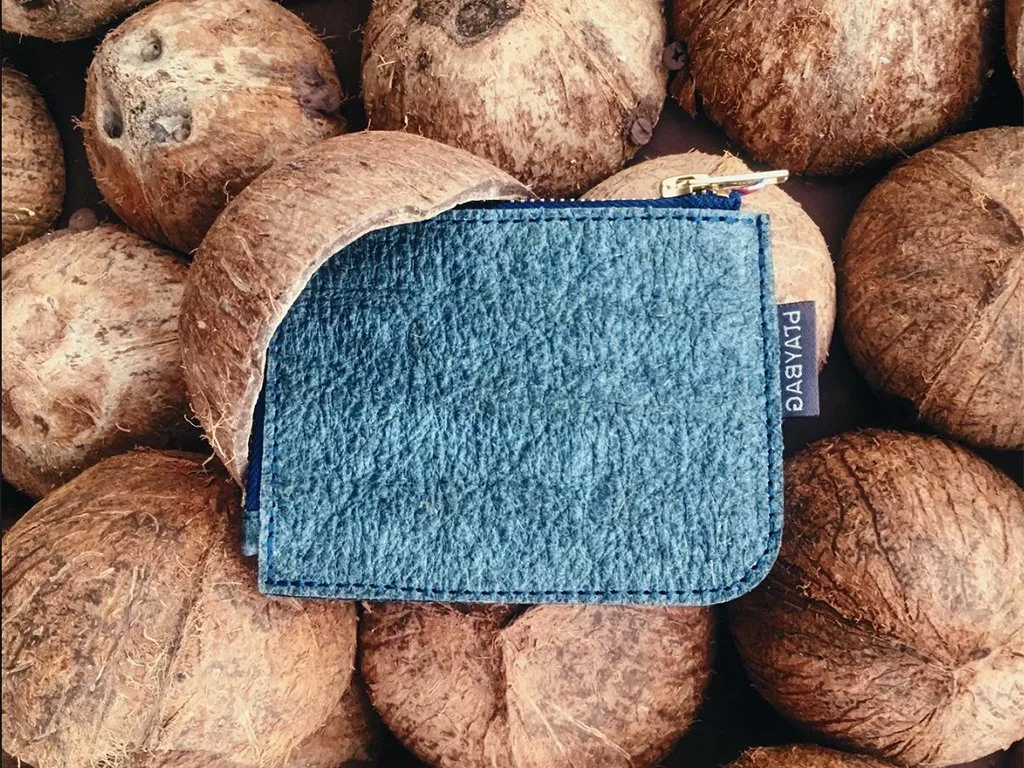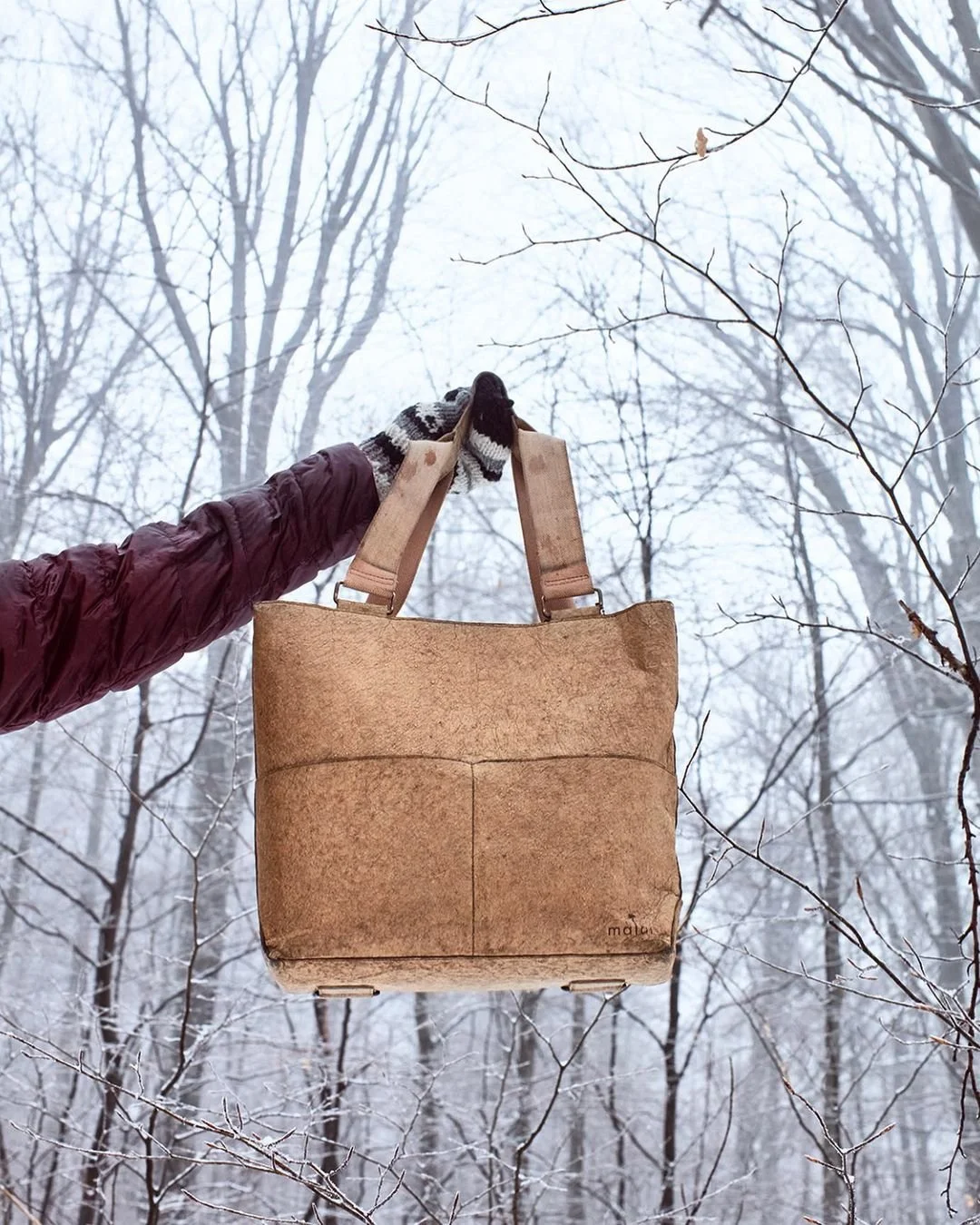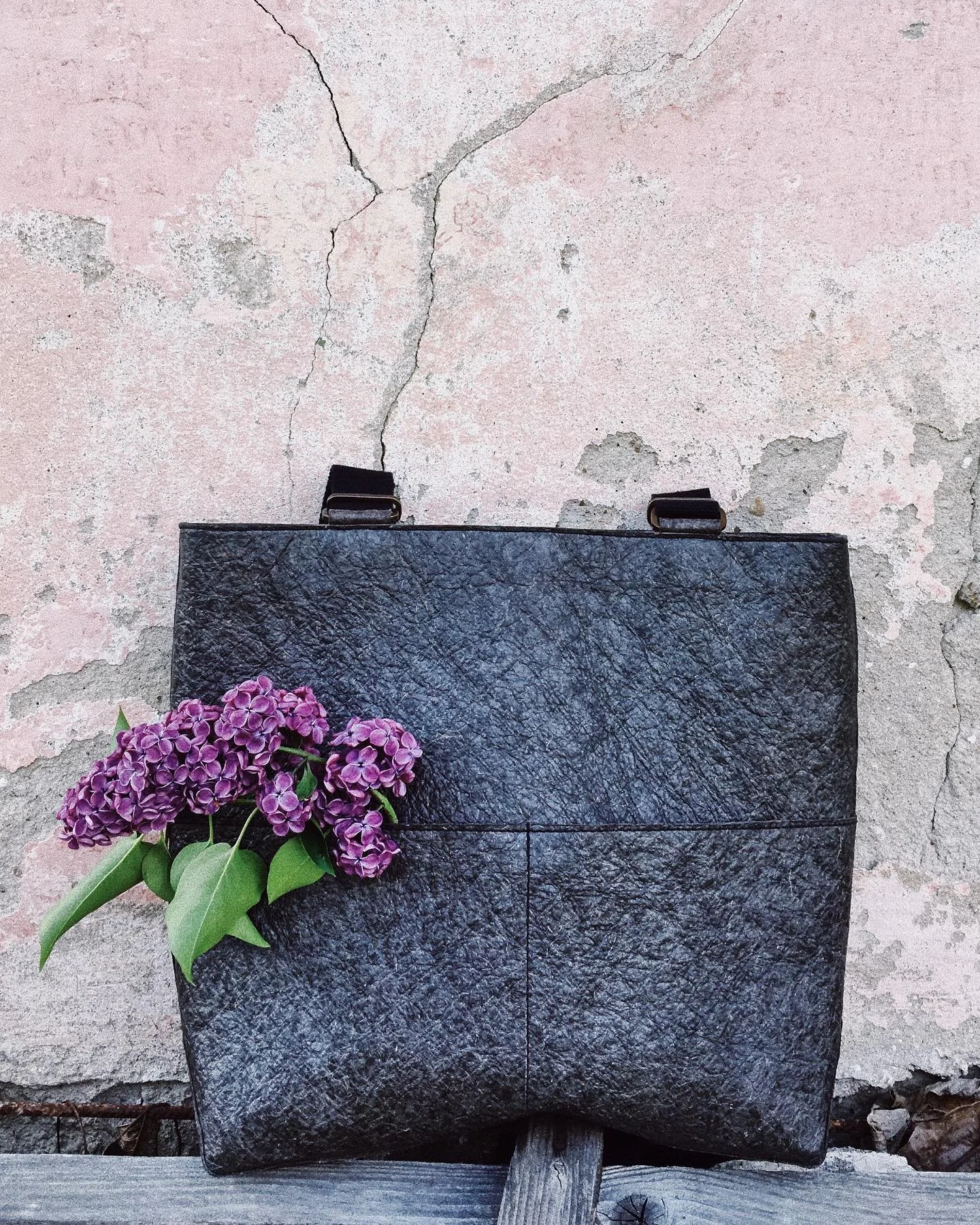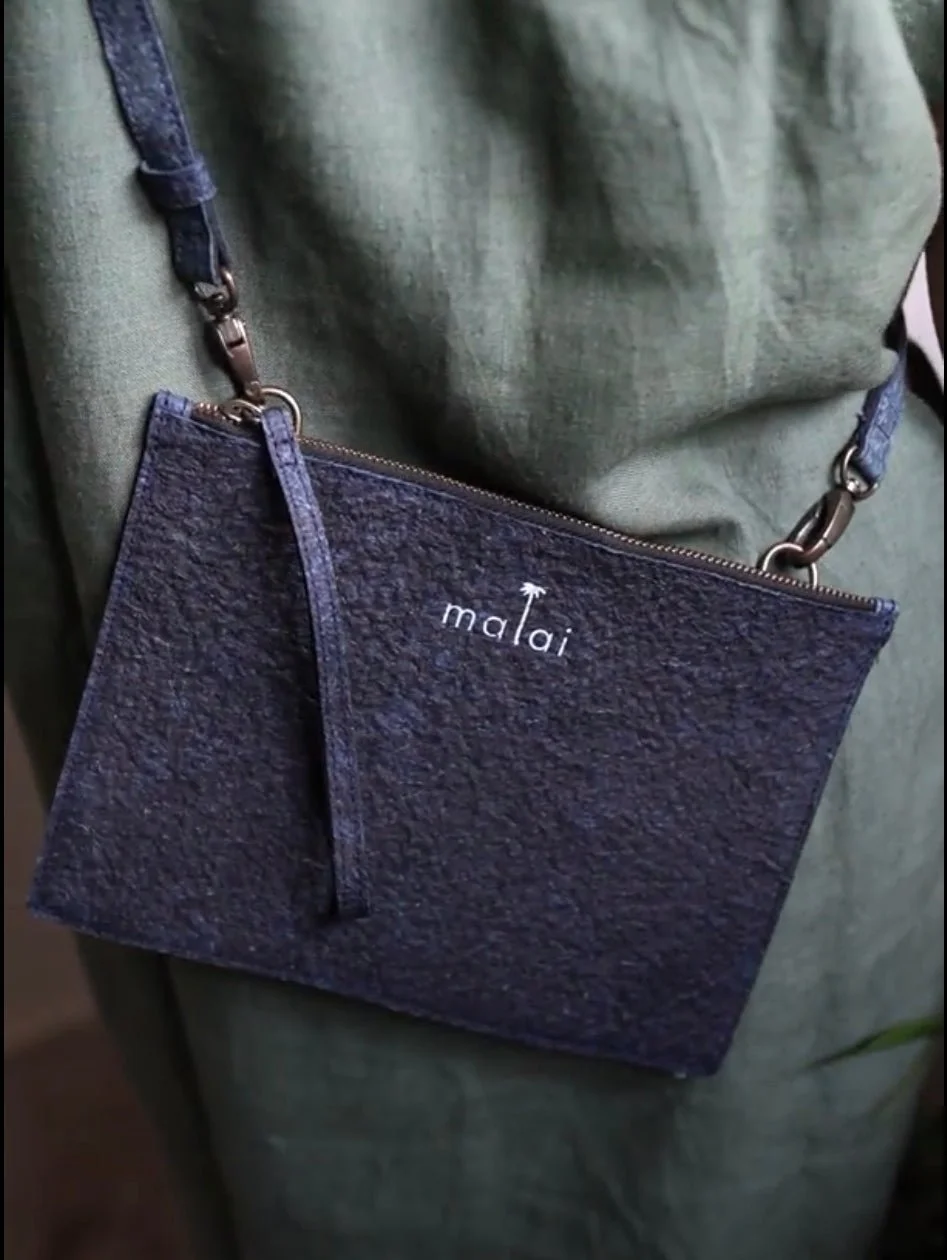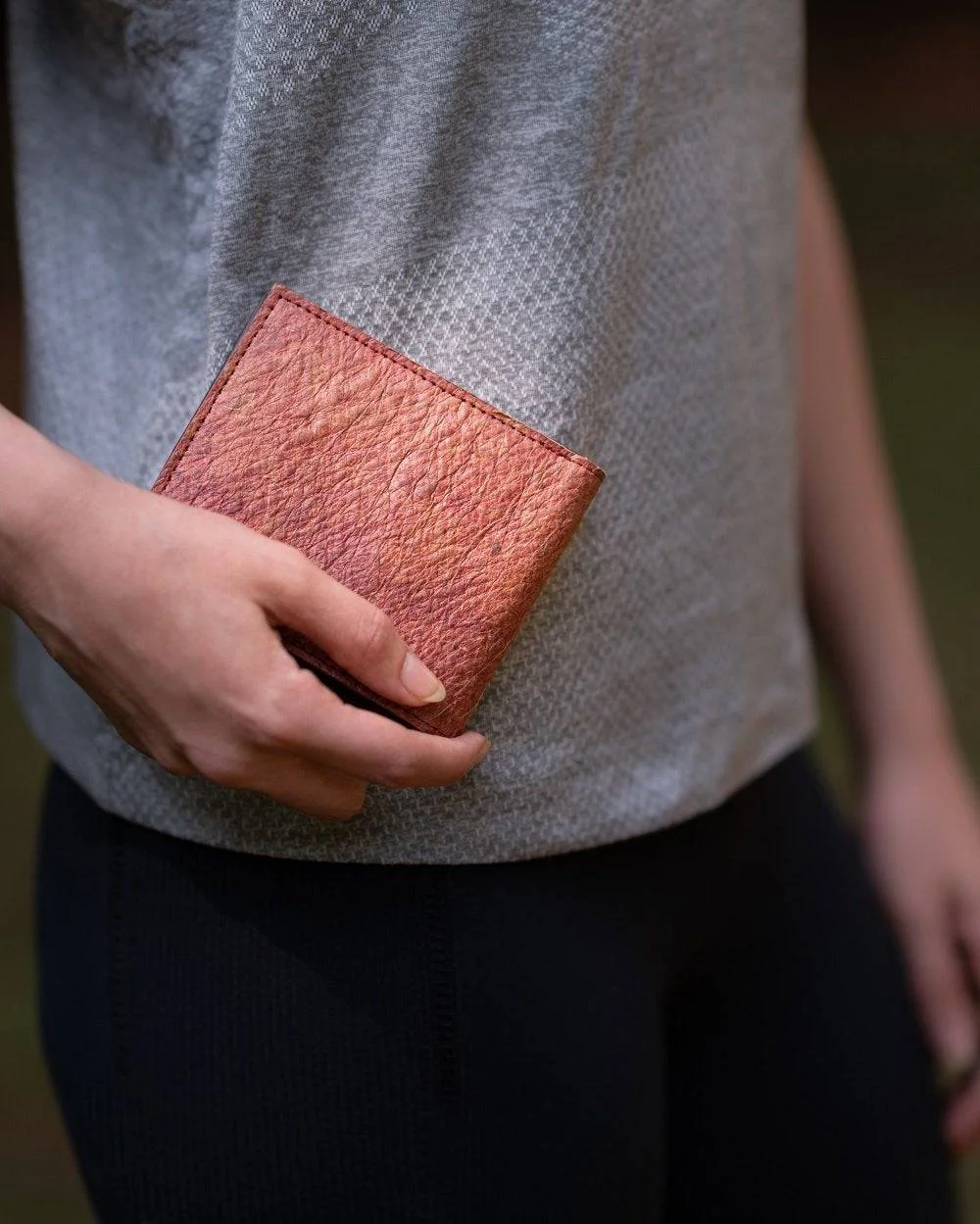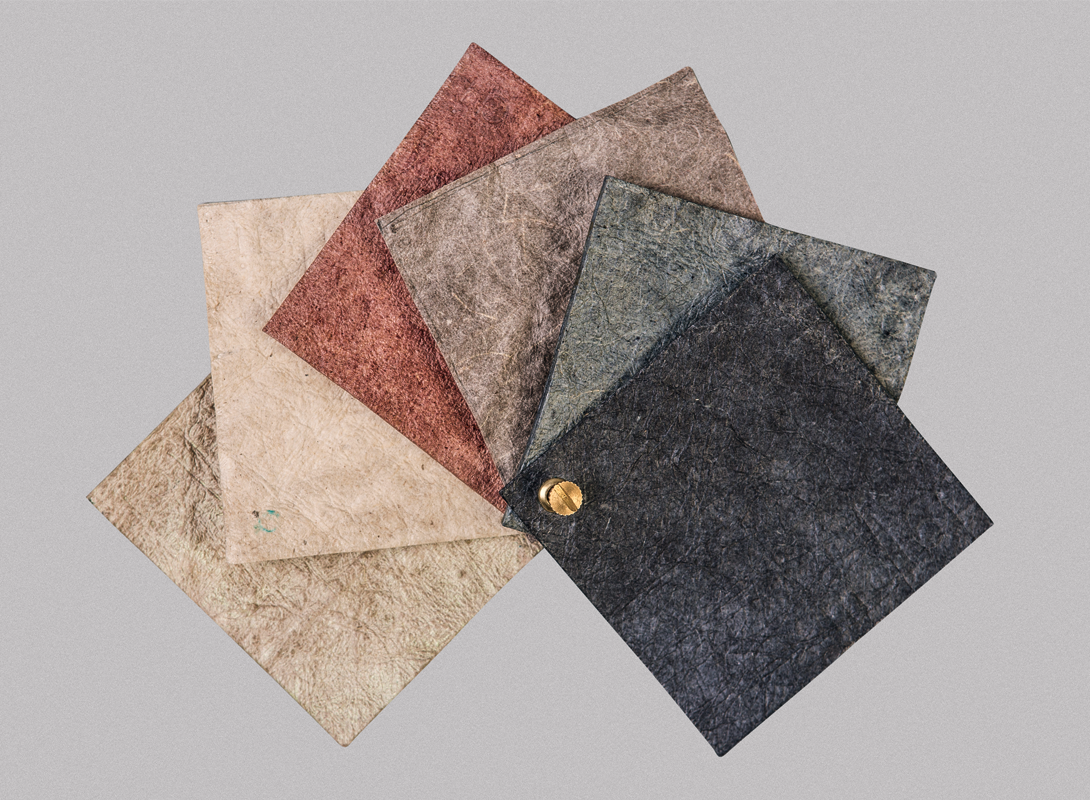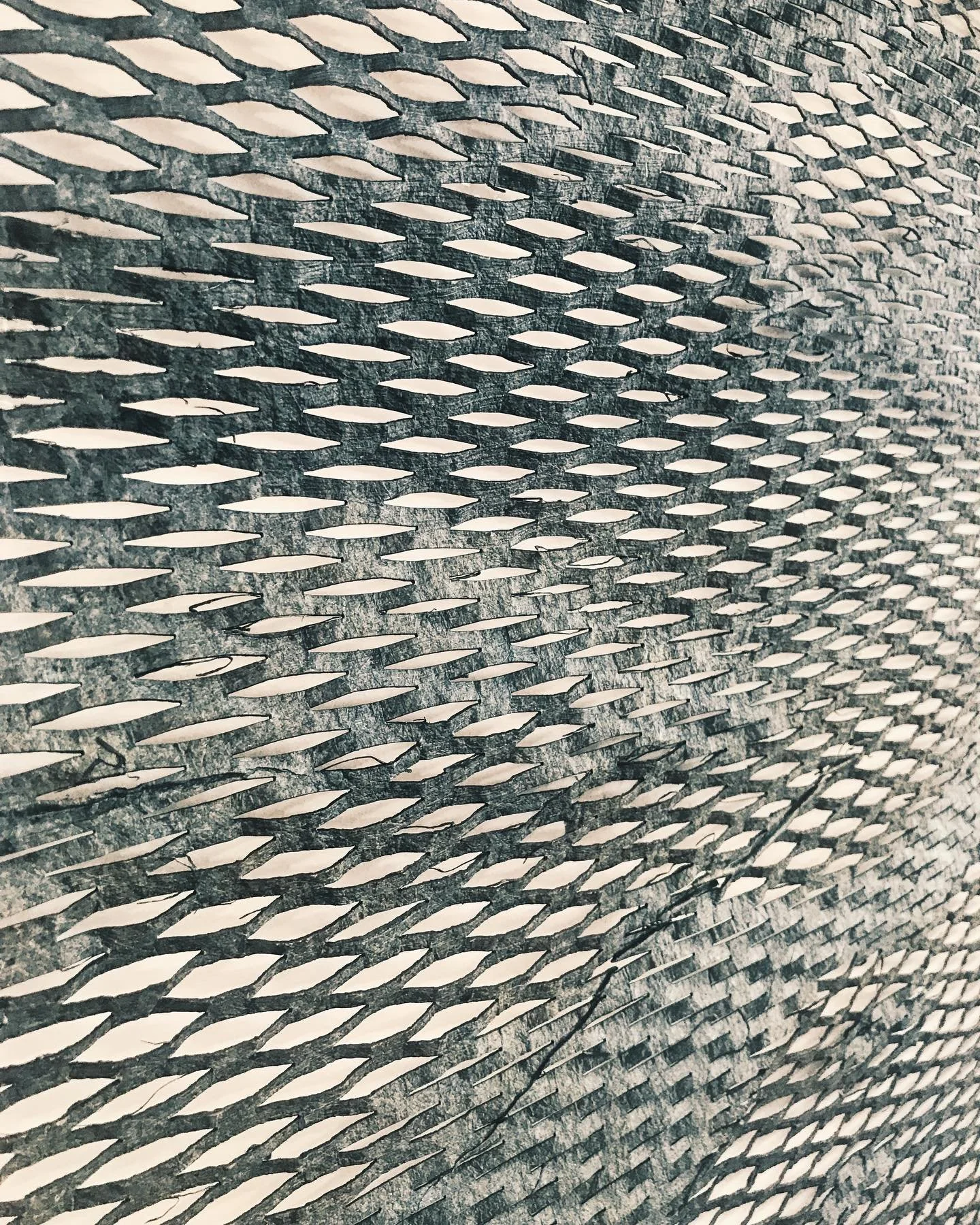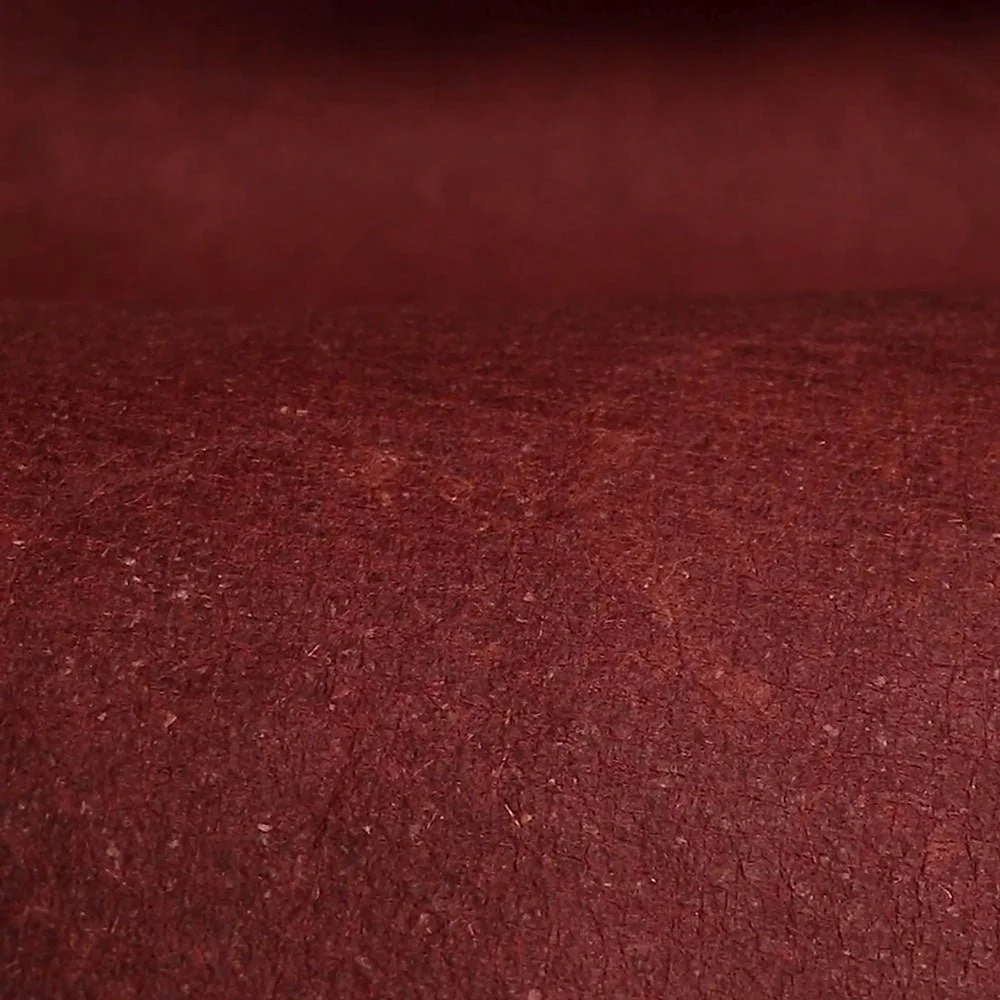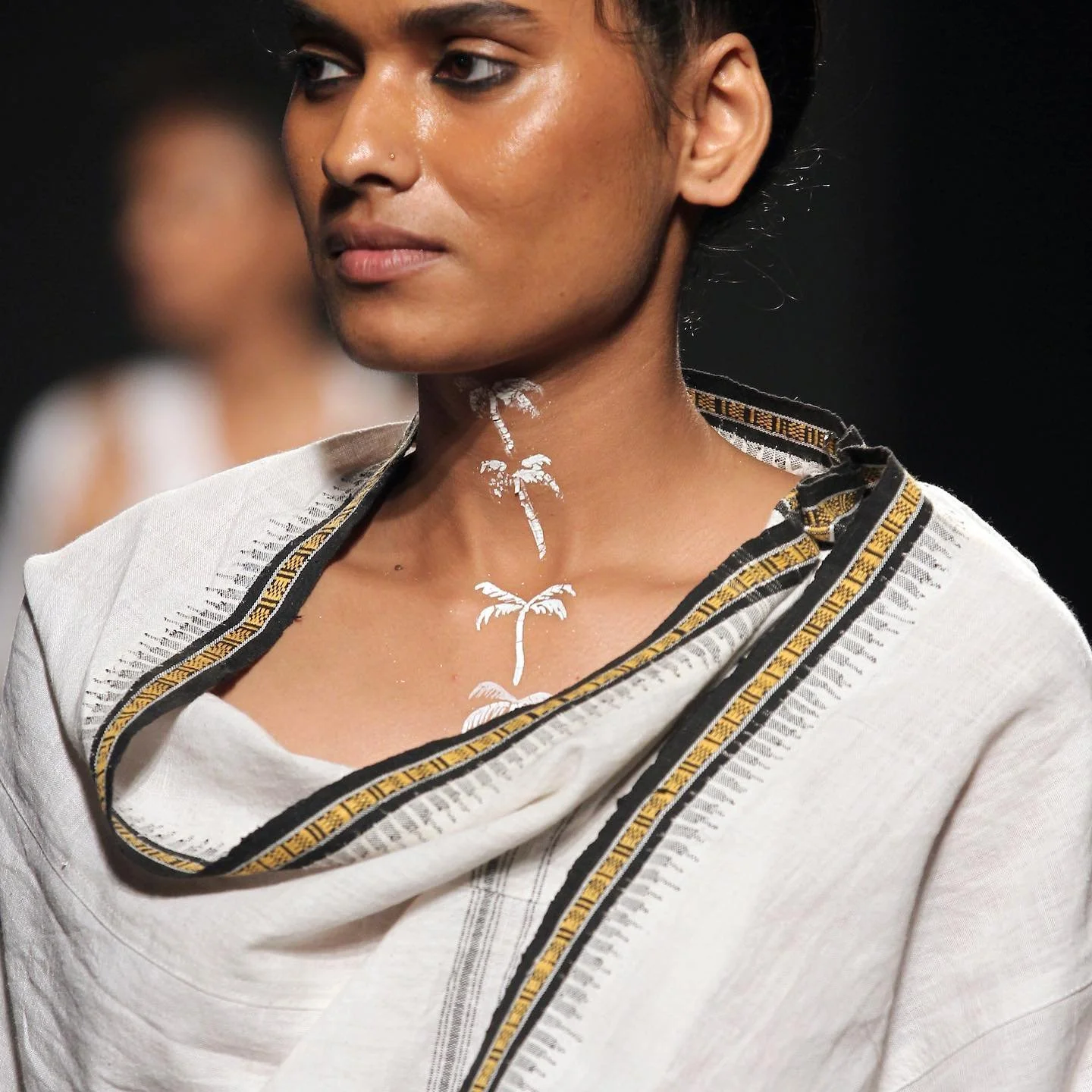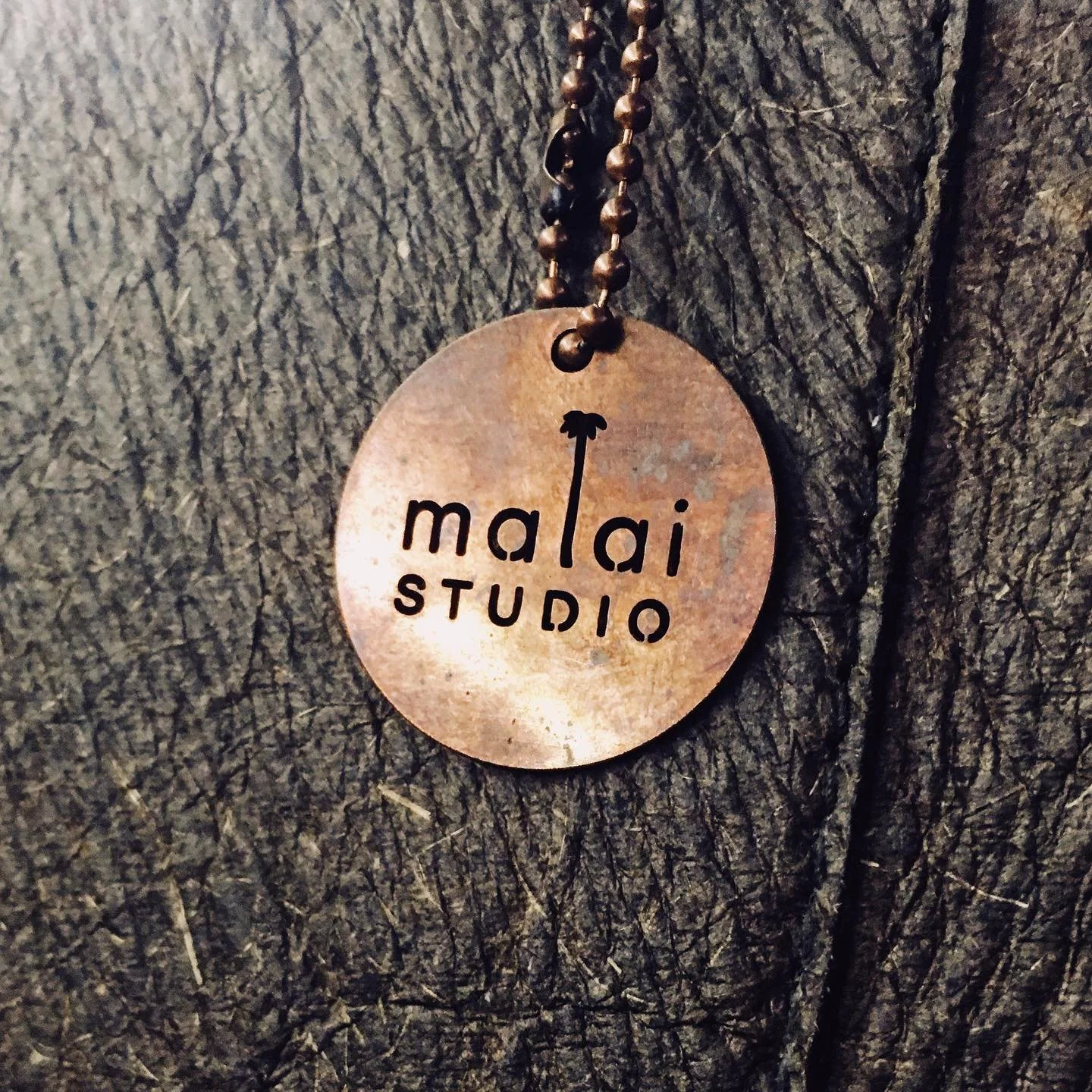 Image 1 of 10
Image 1 of 10

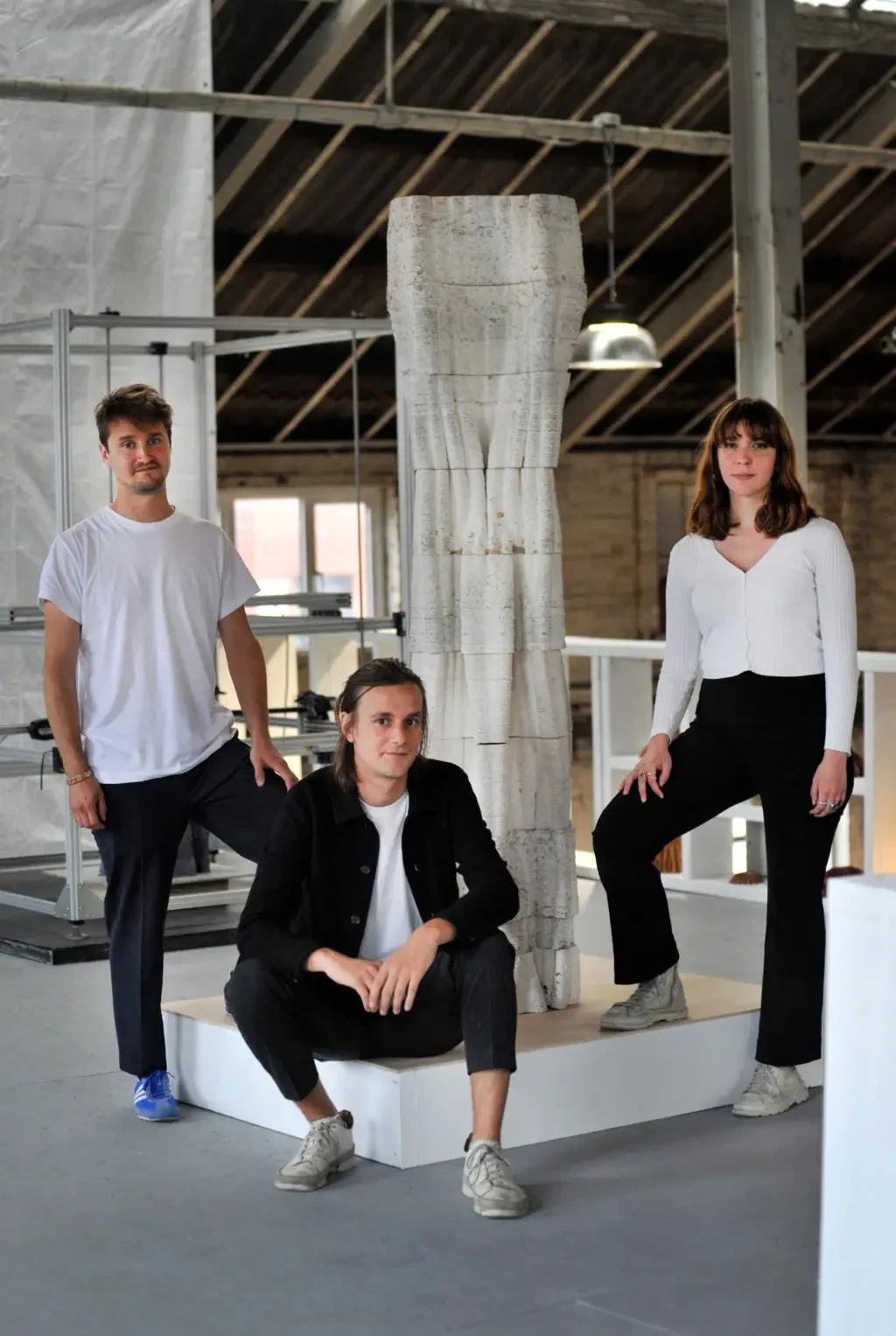 Image 2 of 10
Image 2 of 10

 Image 3 of 10
Image 3 of 10

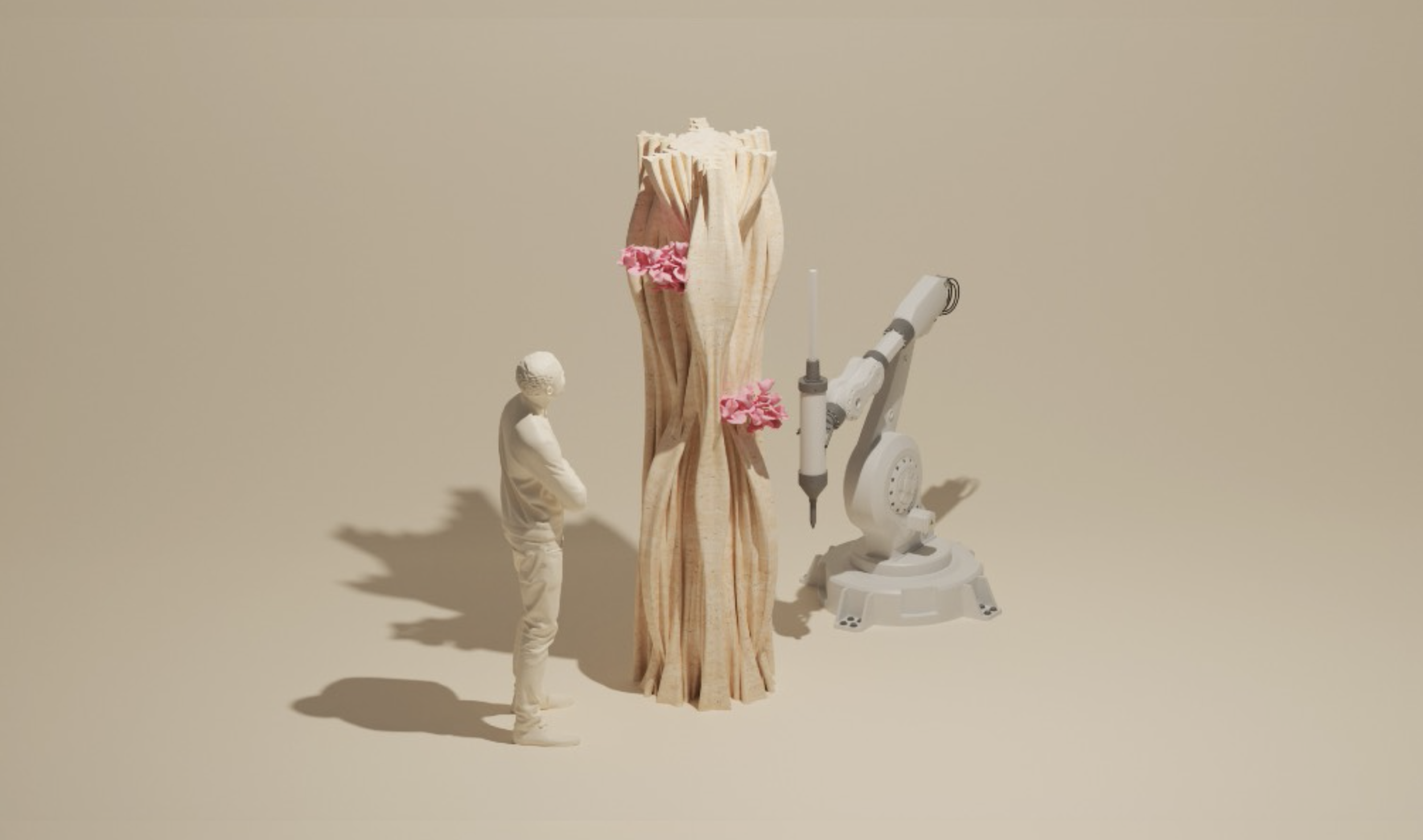 Image 4 of 10
Image 4 of 10

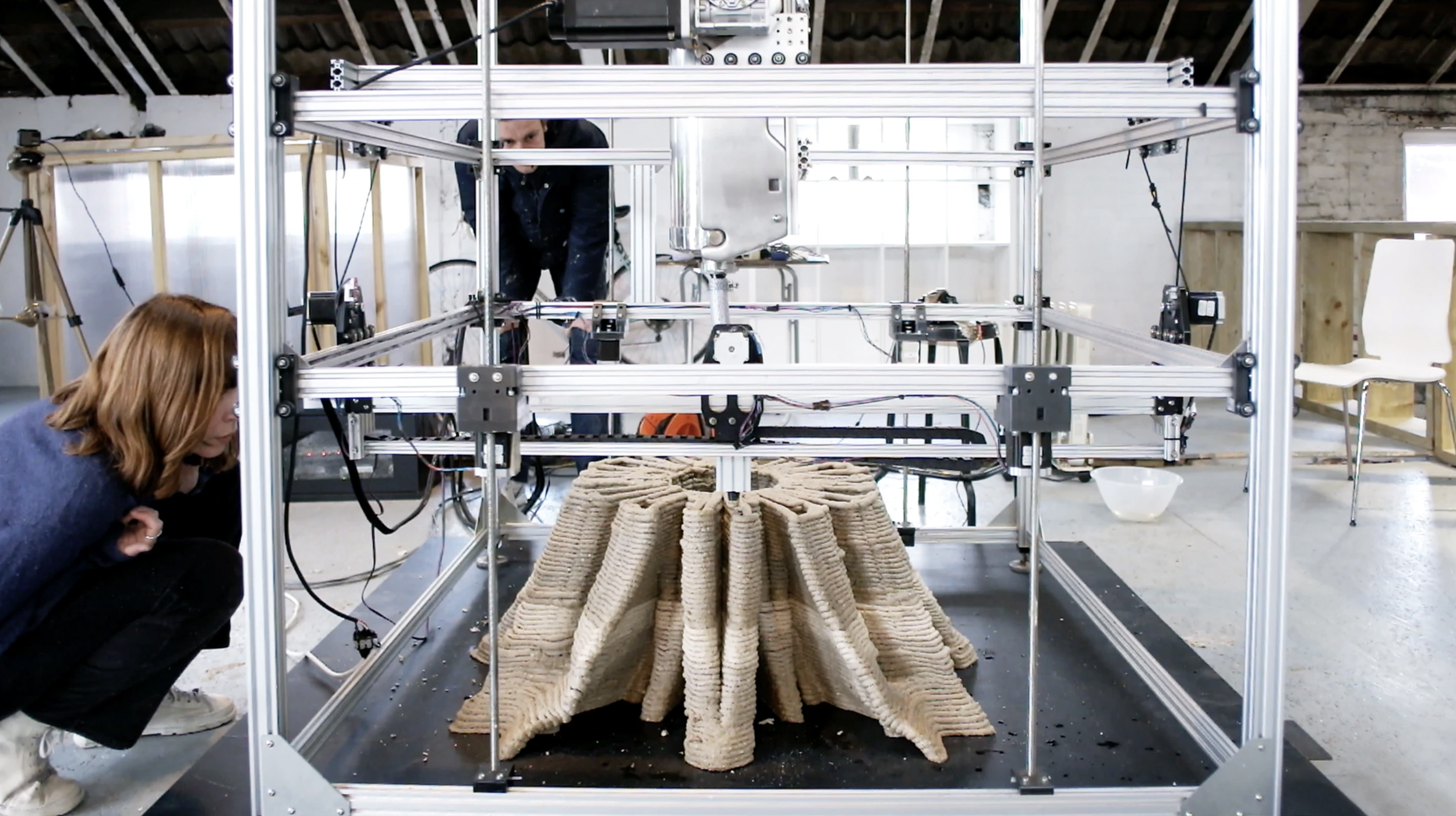 Image 5 of 10
Image 5 of 10

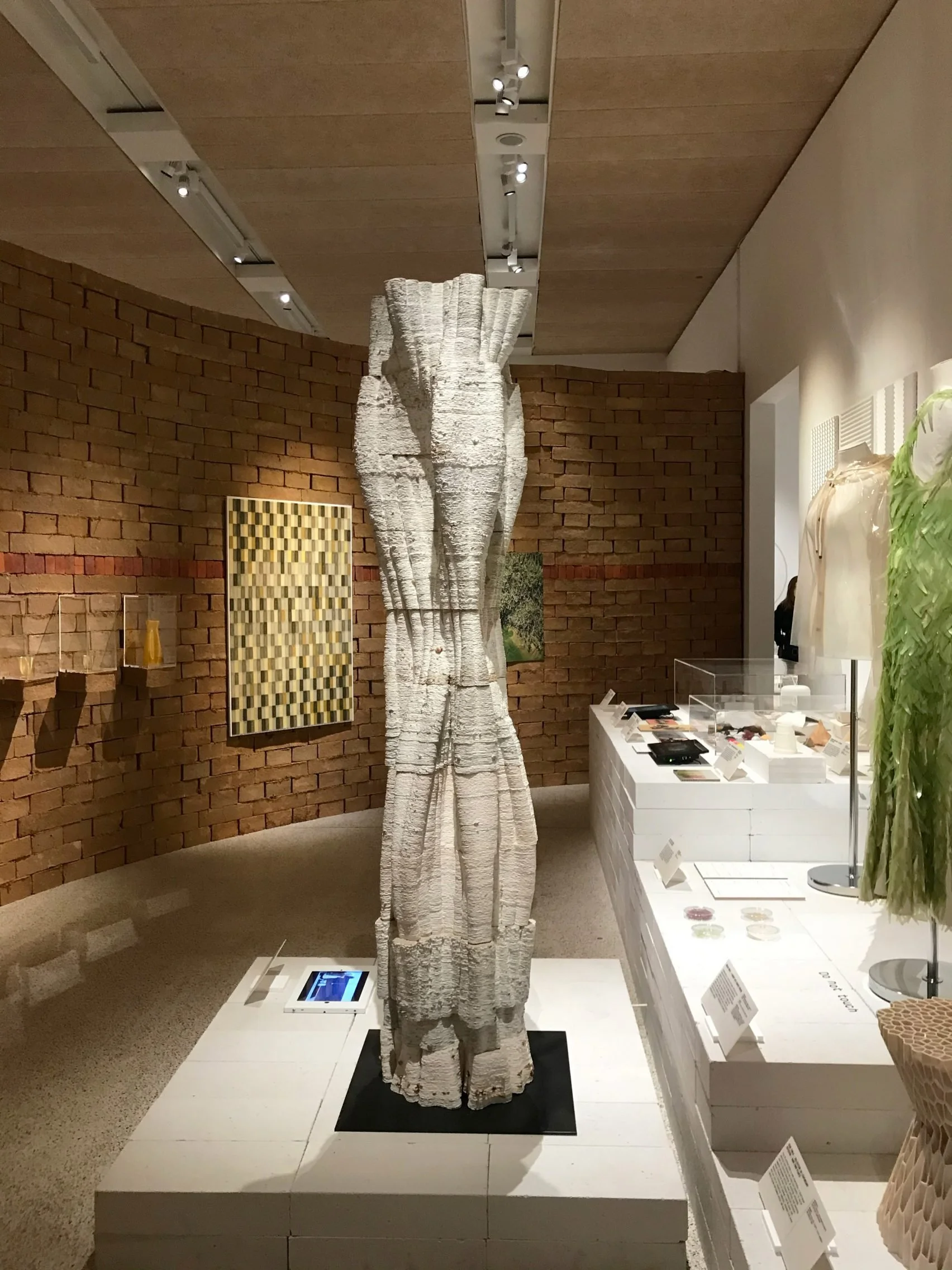 Image 6 of 10
Image 6 of 10

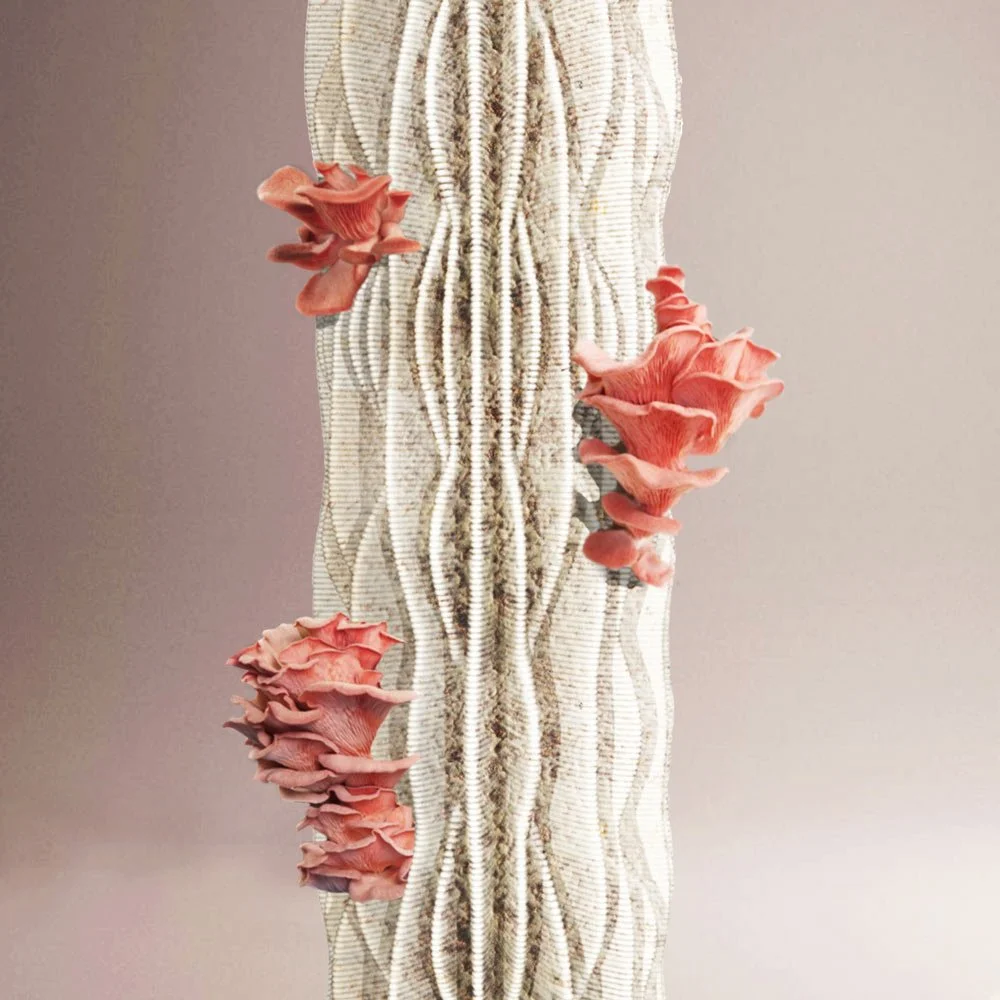 Image 7 of 10
Image 7 of 10

 Image 8 of 10
Image 8 of 10

 Image 9 of 10
Image 9 of 10

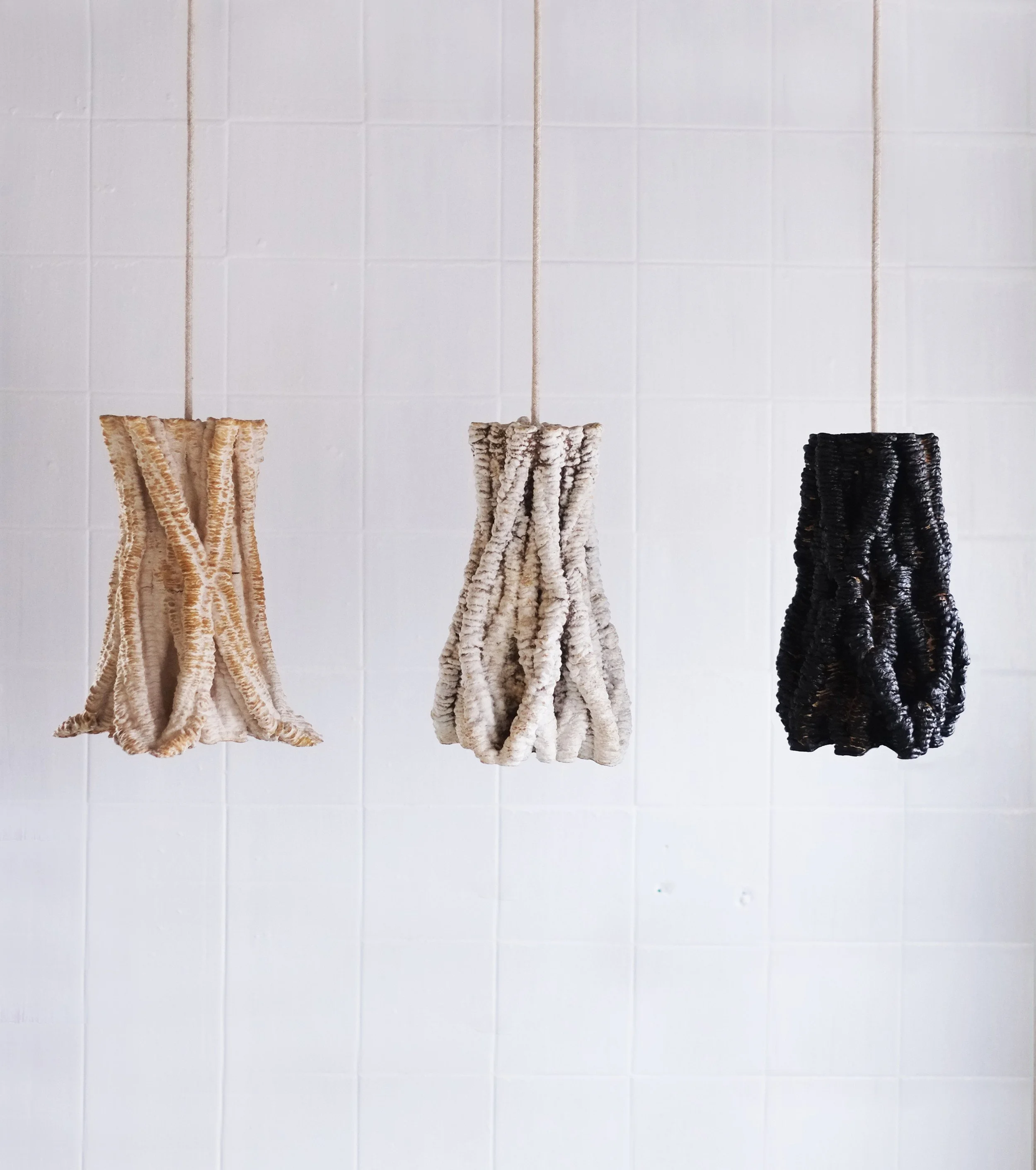 Image 10 of 10
Image 10 of 10











Blast Studio transforms urban waste into sustainable furniture and artefacts
Blast Studio is a sustainability-focused design and maker studio based in North West London. Founded by Paola Garnousset, Martin Detoeuf, and Pierre de Pingon, the studio was established with the mission to transform urban waste into valuable design objects and architectural elements. Blast Studio's current approach focuses on integrating circular economy principles into their design processes, particularly using recycled coffee cups and mycelium. Core values include sustainability, innovation, and biomimicry, with a purpose to redefine the relationship between design, materials, and the environment.
Location
Headquarters: North West London, United Kingdom.
Primary manufacturing/operations locations: Various locations in London, particularly focusing on local waste collection and production.
The Circular Vision
Core circular economy principles: Designing out waste, using recycled materials, and creating products that promote environmental awareness and sustainable practices.
Key innovations: Development of a technique to transform discarded coffee cups into a biomaterial that can be 3D printed and combined with mycelium to create furniture and architectural elements.
Prioritization of local sourcing and closed-loop supply chains: Strong emphasis on collecting waste locally (e.g., coffee cups from West London cafés) and transforming it into new products within the same urban ecosystem.
Pioneering Solutions
Flagship projects: Blast Studio's portfolio includes innovative projects such as the Tree Column (a 2-meter high structural column made from recycled coffee cups and mycelium), the Tree Pavilion (an ambitious architectural project using their waste-based biomaterial), and various furniture pieces and objects made from urban waste.
The Regenerative Future
R&D focus areas: Advancing techniques for transforming urban waste into viable construction materials, exploring new applications for mycelium-based materials, and developing solutions that further reduce waste and energy consumption in design and production processes.
Ambitious goals: To lead the design industry in sustainable practices, create zero-waste products and buildings, and inspire a shift towards a regenerative approach to urban design and material usage.
Fact Sheet
Commercial Availability: Design pieces and services available through collaborations, exhibitions, and direct sales from their website.
Circularity Rating: 5/5 (Strong focus on integrating circular economy principles and waste reduction in design).
Key Certifications: Finalist for the Loewe Foundation Craft Prize 2022.
Material Passport: Detailed use of recycled materials in projects, with emphasis on their environmental and ethical significance.
Designed for Disassembly: Yes, many projects focus on biodegradability and material reuse.
Carbon Performance: Focus on reducing carbon footprint through the use of recycled materials and local production. Specific carbon metrics not provided.
Key Takeaway
Blast Studio transforms the design and architecture industry through innovative use of urban waste materials, setting a benchmark for environmental responsibility and material innovation in contemporary design.
Explore Further
Blast Studio website: https://blast-studio.com
Blast Studio is a sustainability-focused design and maker studio based in North West London. Founded by Paola Garnousset, Martin Detoeuf, and Pierre de Pingon, the studio was established with the mission to transform urban waste into valuable design objects and architectural elements. Blast Studio's current approach focuses on integrating circular economy principles into their design processes, particularly using recycled coffee cups and mycelium. Core values include sustainability, innovation, and biomimicry, with a purpose to redefine the relationship between design, materials, and the environment.
Location
Headquarters: North West London, United Kingdom.
Primary manufacturing/operations locations: Various locations in London, particularly focusing on local waste collection and production.
The Circular Vision
Core circular economy principles: Designing out waste, using recycled materials, and creating products that promote environmental awareness and sustainable practices.
Key innovations: Development of a technique to transform discarded coffee cups into a biomaterial that can be 3D printed and combined with mycelium to create furniture and architectural elements.
Prioritization of local sourcing and closed-loop supply chains: Strong emphasis on collecting waste locally (e.g., coffee cups from West London cafés) and transforming it into new products within the same urban ecosystem.
Pioneering Solutions
Flagship projects: Blast Studio's portfolio includes innovative projects such as the Tree Column (a 2-meter high structural column made from recycled coffee cups and mycelium), the Tree Pavilion (an ambitious architectural project using their waste-based biomaterial), and various furniture pieces and objects made from urban waste.
The Regenerative Future
R&D focus areas: Advancing techniques for transforming urban waste into viable construction materials, exploring new applications for mycelium-based materials, and developing solutions that further reduce waste and energy consumption in design and production processes.
Ambitious goals: To lead the design industry in sustainable practices, create zero-waste products and buildings, and inspire a shift towards a regenerative approach to urban design and material usage.
Fact Sheet
Commercial Availability: Design pieces and services available through collaborations, exhibitions, and direct sales from their website.
Circularity Rating: 5/5 (Strong focus on integrating circular economy principles and waste reduction in design).
Key Certifications: Finalist for the Loewe Foundation Craft Prize 2022.
Material Passport: Detailed use of recycled materials in projects, with emphasis on their environmental and ethical significance.
Designed for Disassembly: Yes, many projects focus on biodegradability and material reuse.
Carbon Performance: Focus on reducing carbon footprint through the use of recycled materials and local production. Specific carbon metrics not provided.
Key Takeaway
Blast Studio transforms the design and architecture industry through innovative use of urban waste materials, setting a benchmark for environmental responsibility and material innovation in contemporary design.
Explore Further
Blast Studio website: https://blast-studio.com

